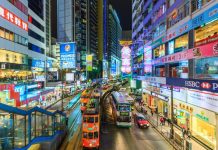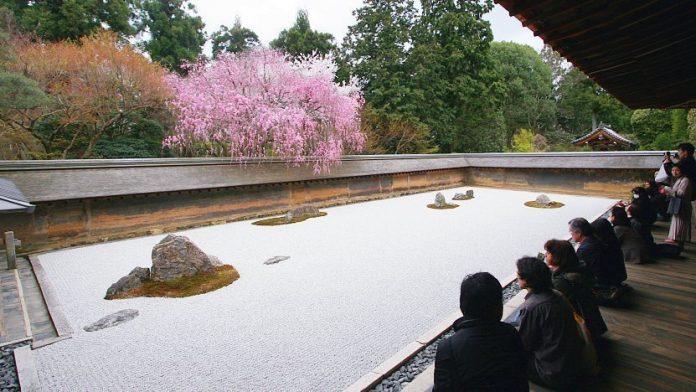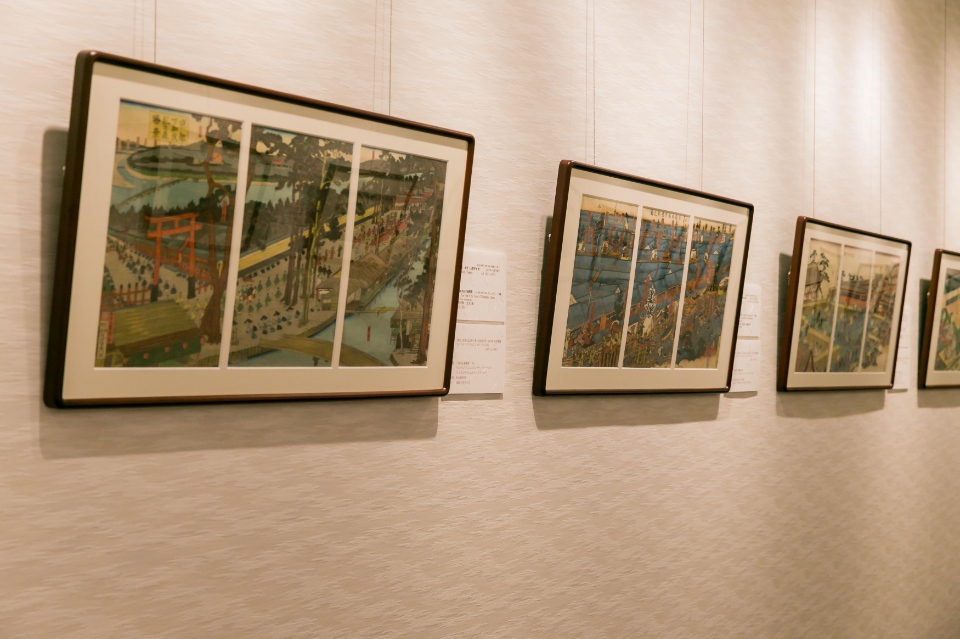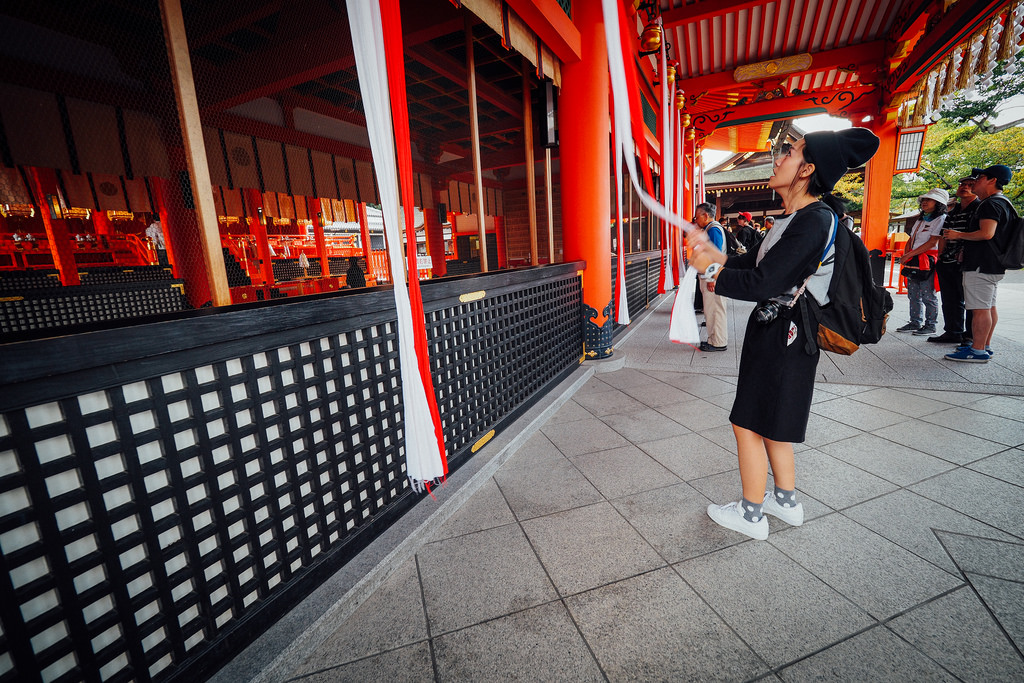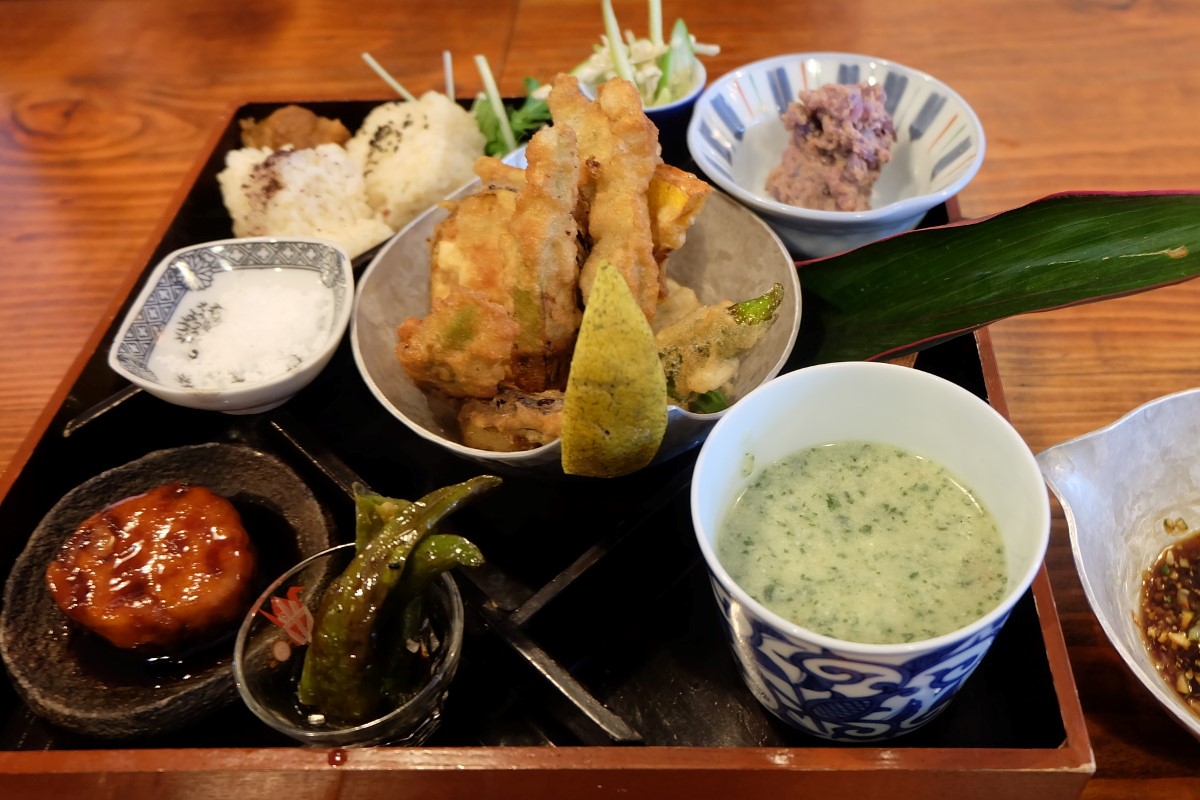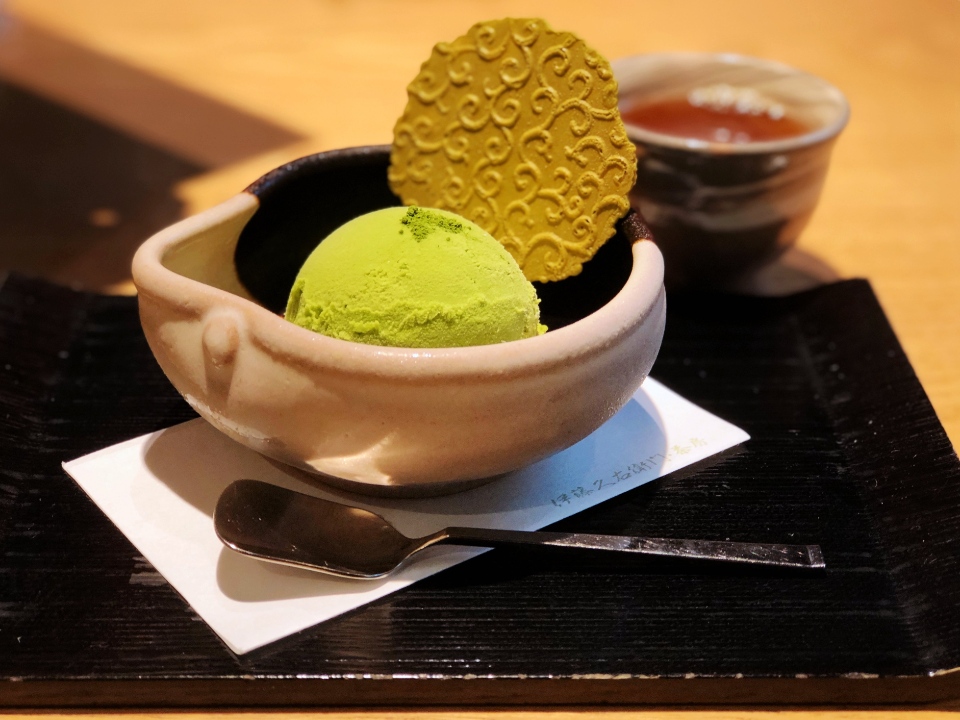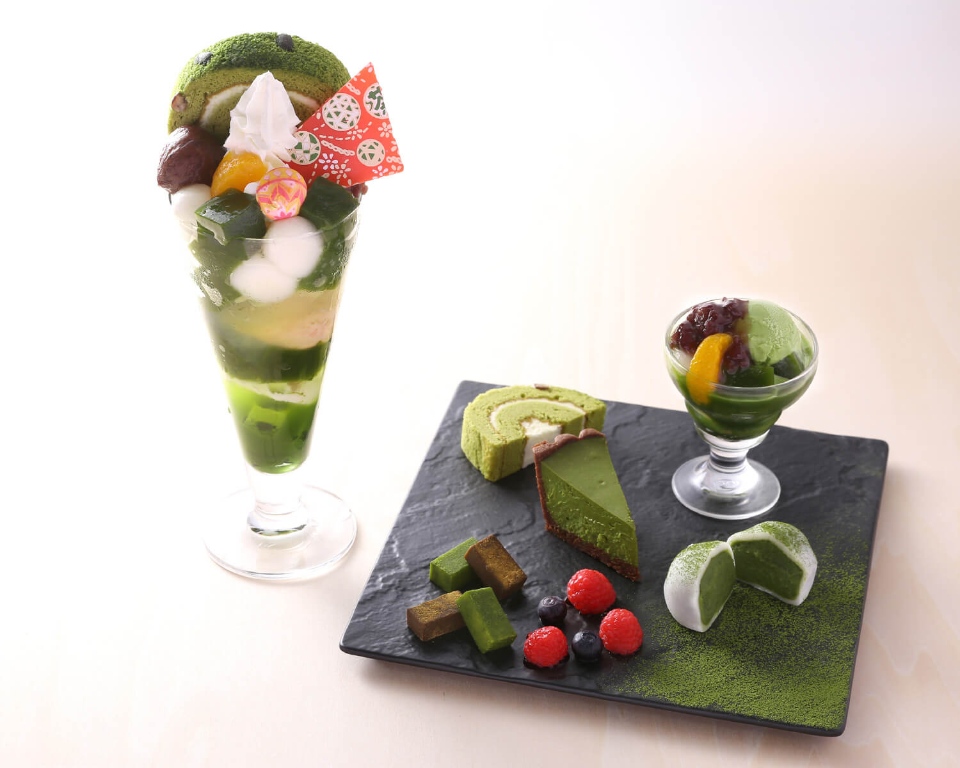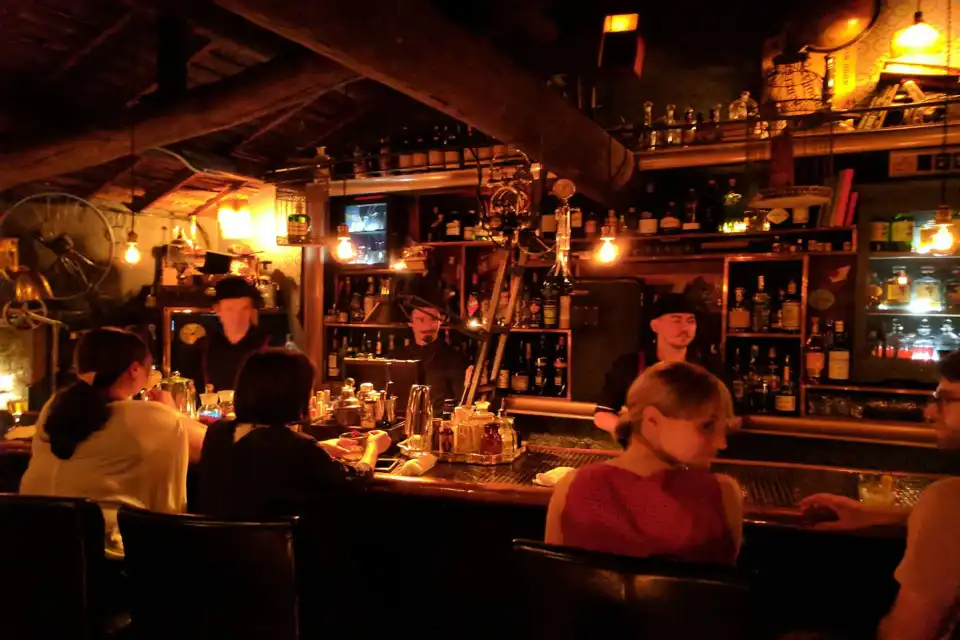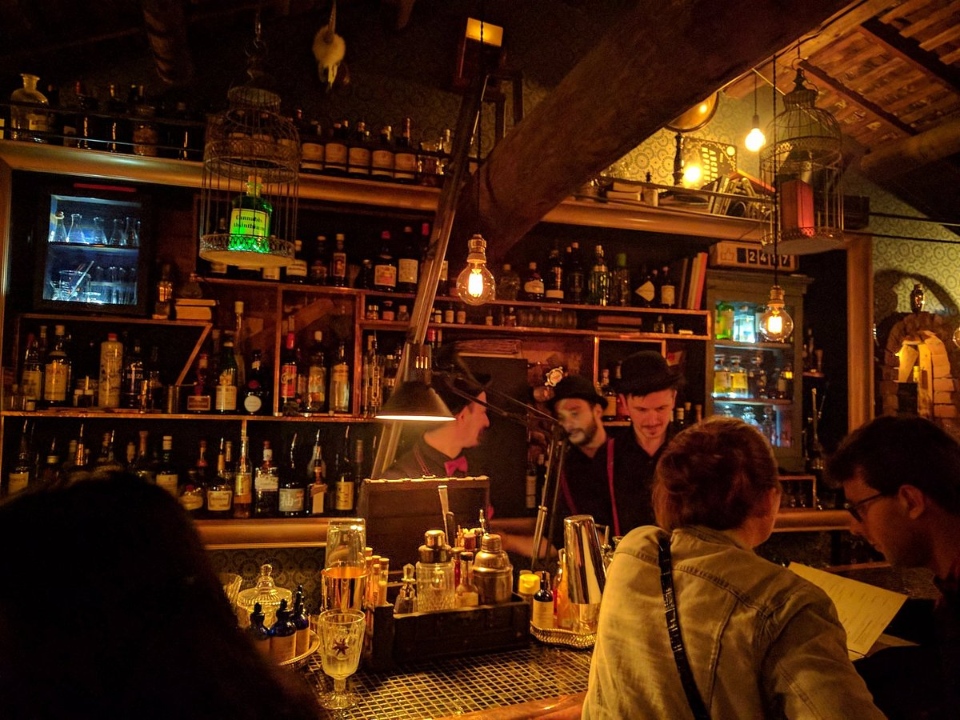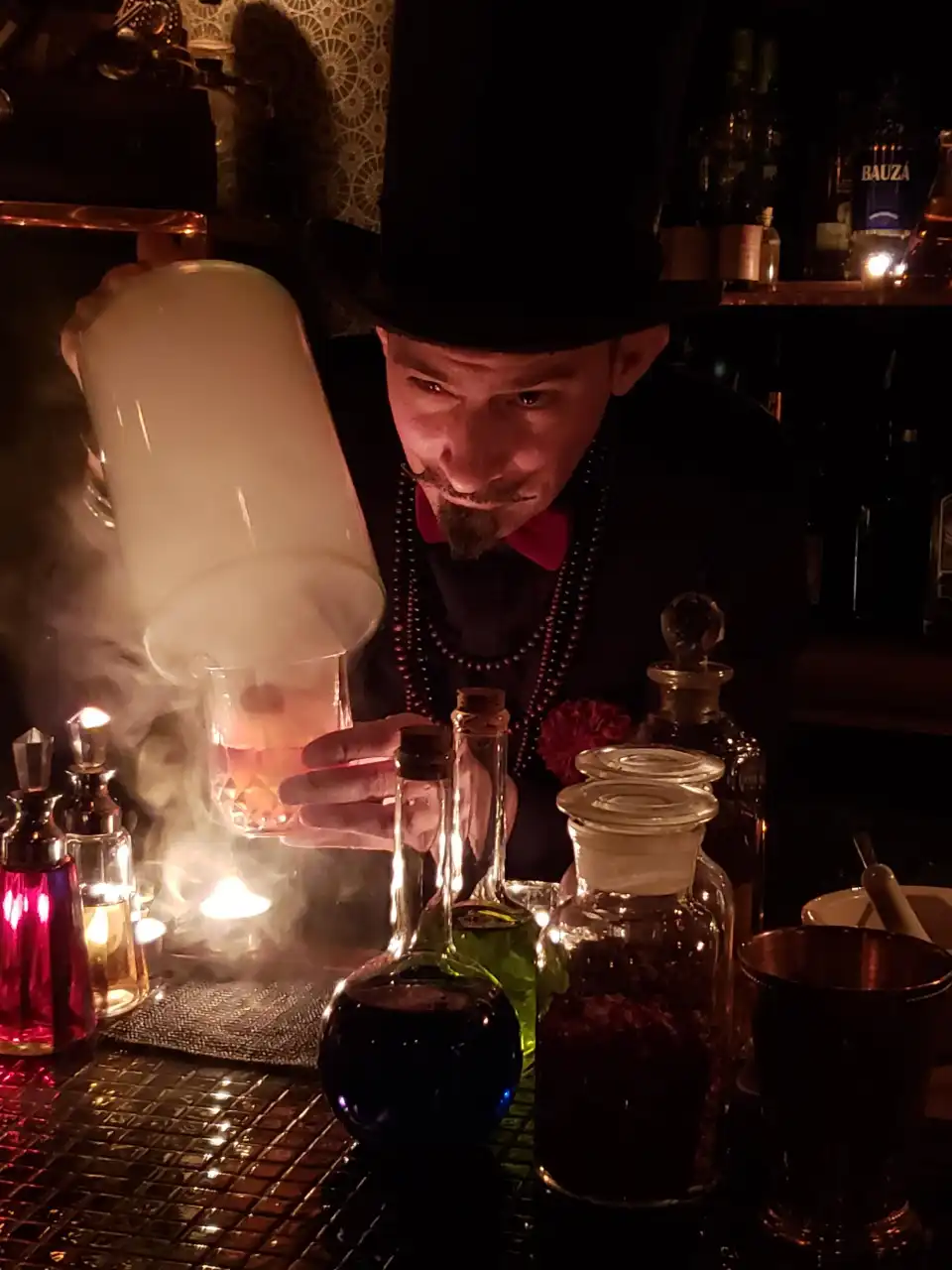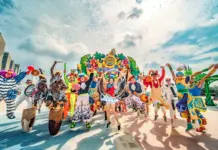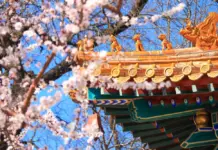If Kyoto isn’t already at the top of your travel list, add it now. This ancient capital of Japan is one of those rare destinations where you can trust the billboards. Its streets will tell you over a thousand years of the country’s history, most of which is evidence of a Kyoto that was once the capital of Japan. So, what to see and what to do in Kyoto? Let’s check out our top rated 10 top things to do in Kyoto including fun things to do in Kyoto, unique things to do in Kyoto, best things to do in Kyoto, cool things to do in Kyoto and must do in Kyoto as follows!
- What to do in Kyoto? — Top 10 unique & cool things to do in Kyoto, Japan
- What I should do in Kyoto? — Top 9 cool & fun things to do in Kyoto, Japan
- Kyoto cherry blossom 2026 forecast — The dates & 9+ best place to see cherry blossoms in Kyoto
- Kyoto fall foliage forecast 2025 — The time & 15+ best place to see autumn leaves in Kyoto
- What to buy in Kyoto? — 31+ must-buy Kyoto souvenirs, gifts & best things to buy in Kyoto
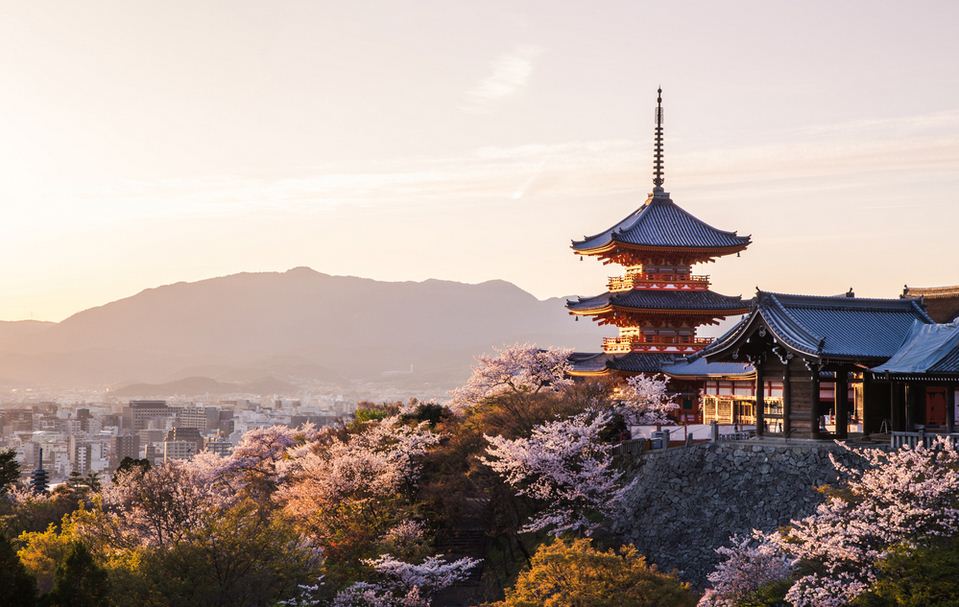
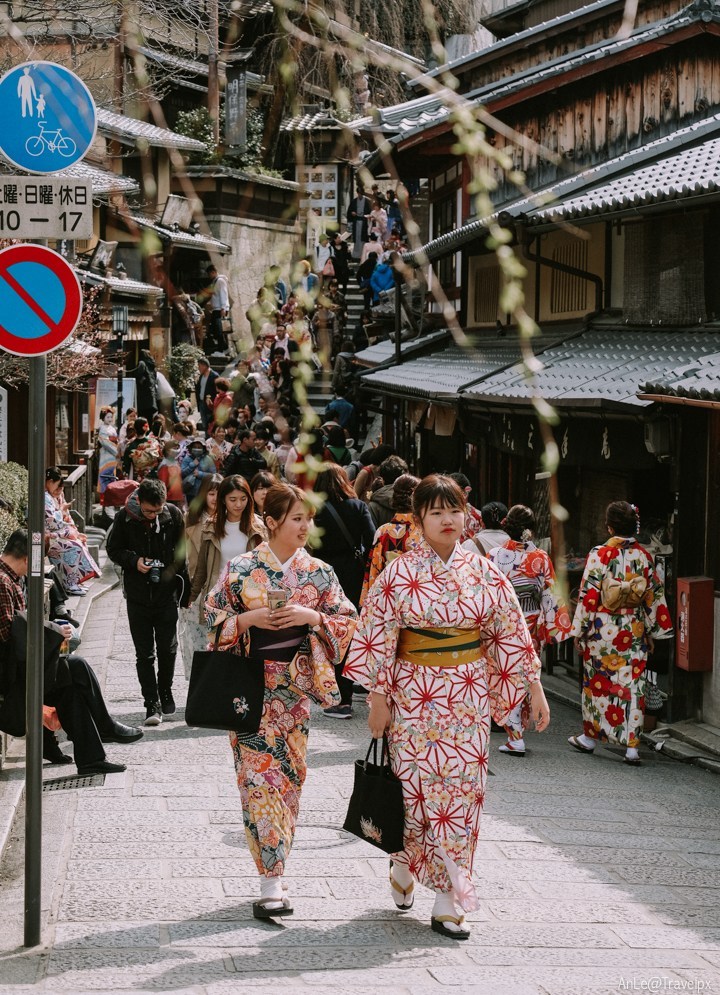
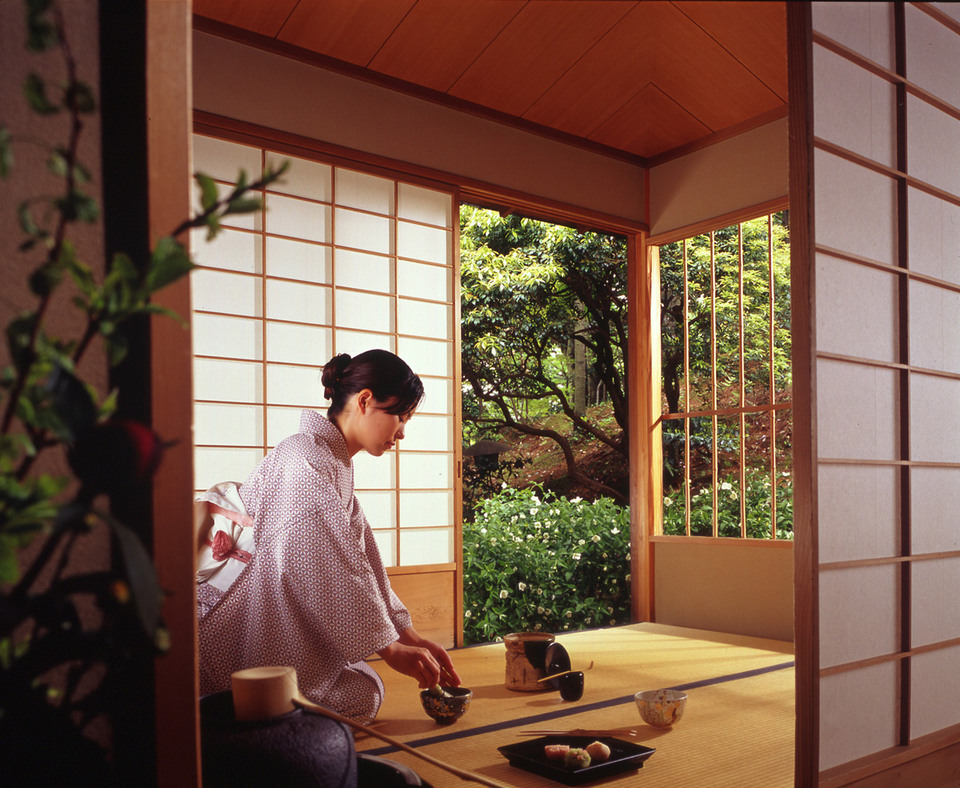
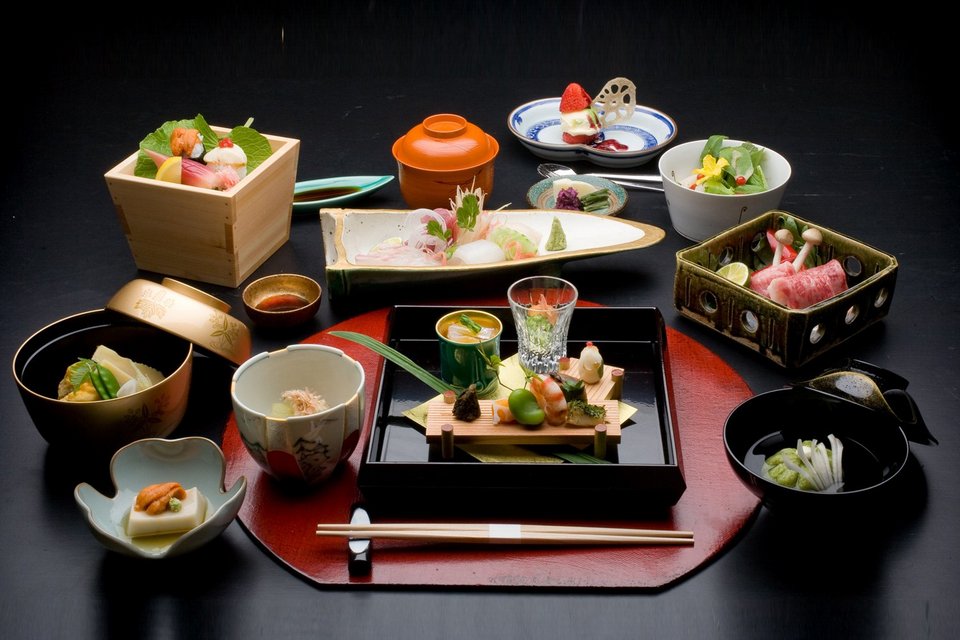
Here are 10 must-see spots and top things to do in Kyoto and see that we wants to suggest to you when you come to Kyoto to have a perfect vacation.
Watch spring dances by Geiko & Maiko (#best things to do in kyoto)
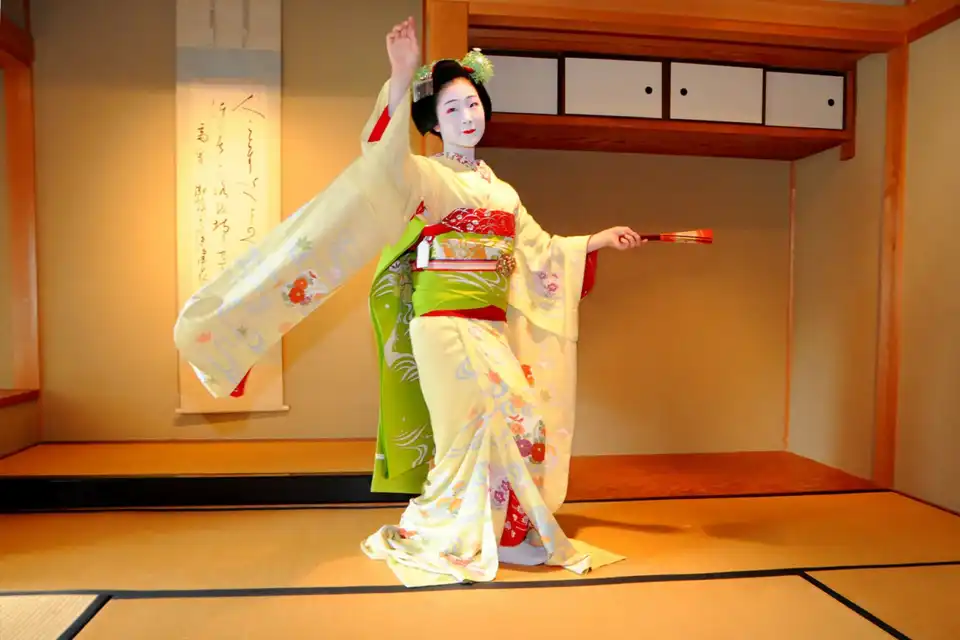
One of the major and popular events of the city of Kyoto is the lively and vibrant Geiko dances. This event is usually held in April. The geiko dance is usually performed on a formal stage and is performed by a group of professional dancers. The geiko dancers wear distinctive, eye-catching costumes that exude traditional Japanese beauty. The opulent and elegant geiko dances showcase the overall choreography with colorful costumes. This dance is like a tribute to long-standing traditional values with style and elegance that contribute to honoring an ancient city.
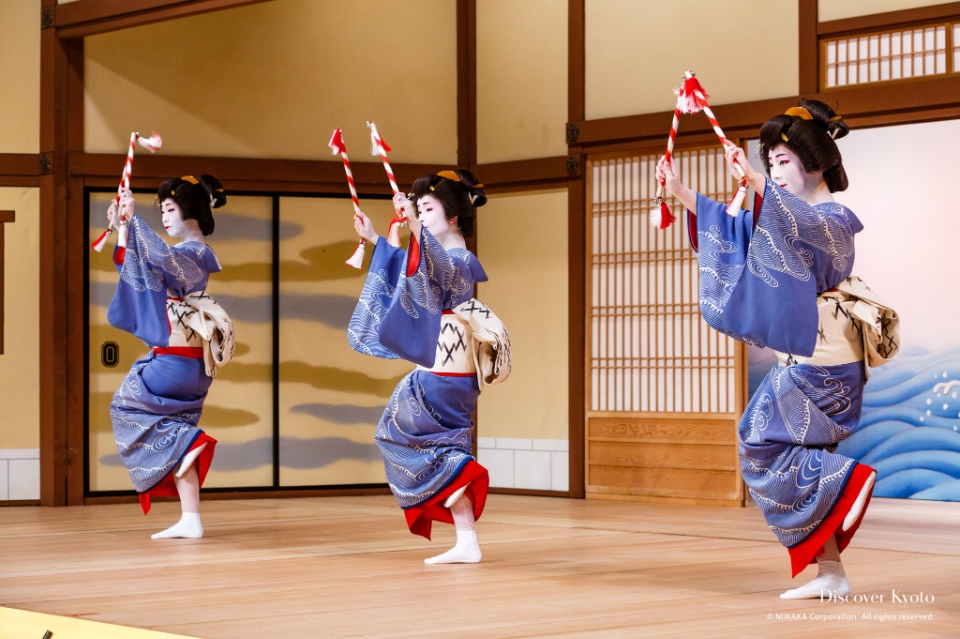
In some geiko dance venues, you can enjoy a cup of tea, which is served for free, before performing the dance. Some of the geiko dances you can see during this time are Miyako Odori, Kyo Odori, Kitano Odori and Kamogawa Odori. Miyako Odori is performed by geiko dancers in the Gion district and you can see geiko dance at the Gion Kobu Kaburenjo Theater (Address: 570-2 Gionmachi Minamigawa, Higashiyama Ward, Kyoto, 605-0074, Japan).
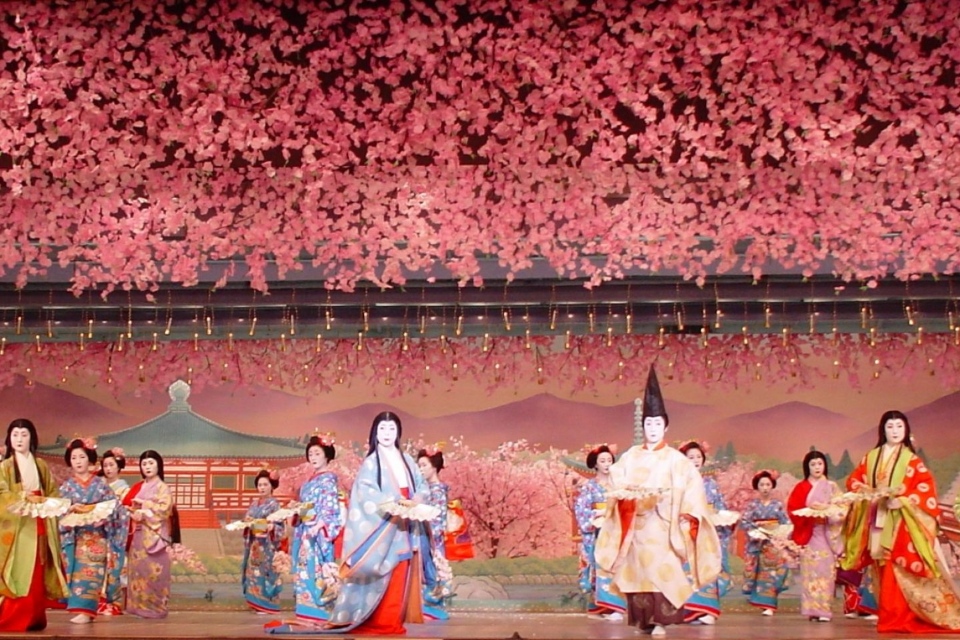
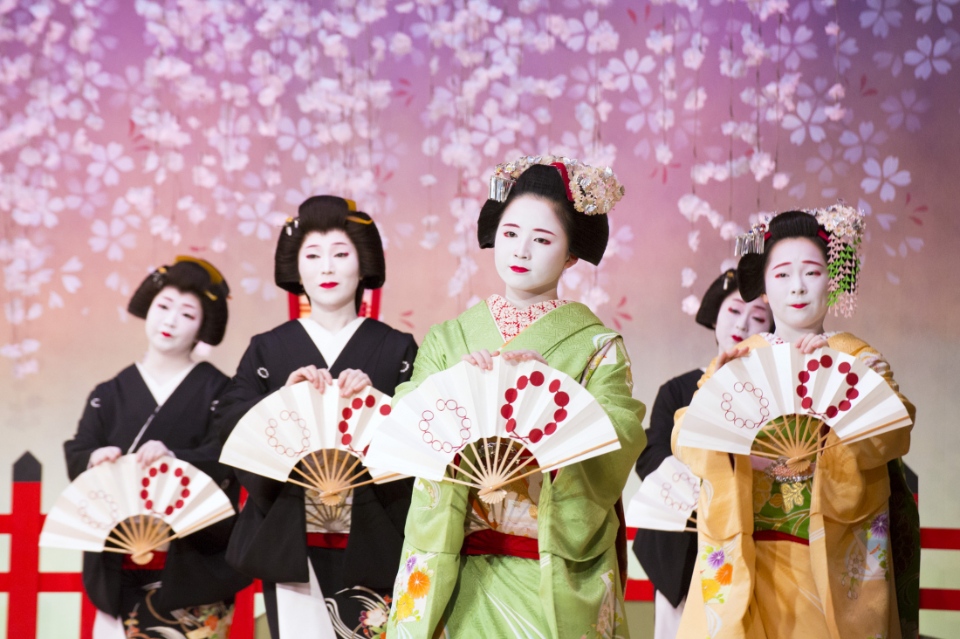
Kyo Odori is the Miyagawa-cho geiko dance and dance shows held at the Miyagawacho Kaburenjo (Mai Hall) (Address: 4 Chome Miyagawasuji, Higashiyama Ward, Kyoto, Japan). Kitano Odori performed by Kamishichiken geiko, held at Kamishichiken Kaburenjo Theater (Address: Japan, 〒602-8381 Kyoto, Kamigyo Ward, Shinseicho, 今出川通御前通東入742 今出川通七本松西入真盛町742/Hours: 9:30AM–5PM; SaturdaySunday: Closed), Kamogawa Odori is another form of geiko dance performed by the geiko of Pontocho at the Pontocho Kaburenjo Theater (Address: 130 Hashishitacho, Nakagyo Ward, Kyoto, 604-8003, Japan).
Stop by the world’s smallest Ukiyo-e museum (#must do in kyoto)
Address: Komatsu Cho, Higashiyama Ward, Kyoto City, Kyoto Prefecture, Japan
Hours: 10.30am-6.30pm
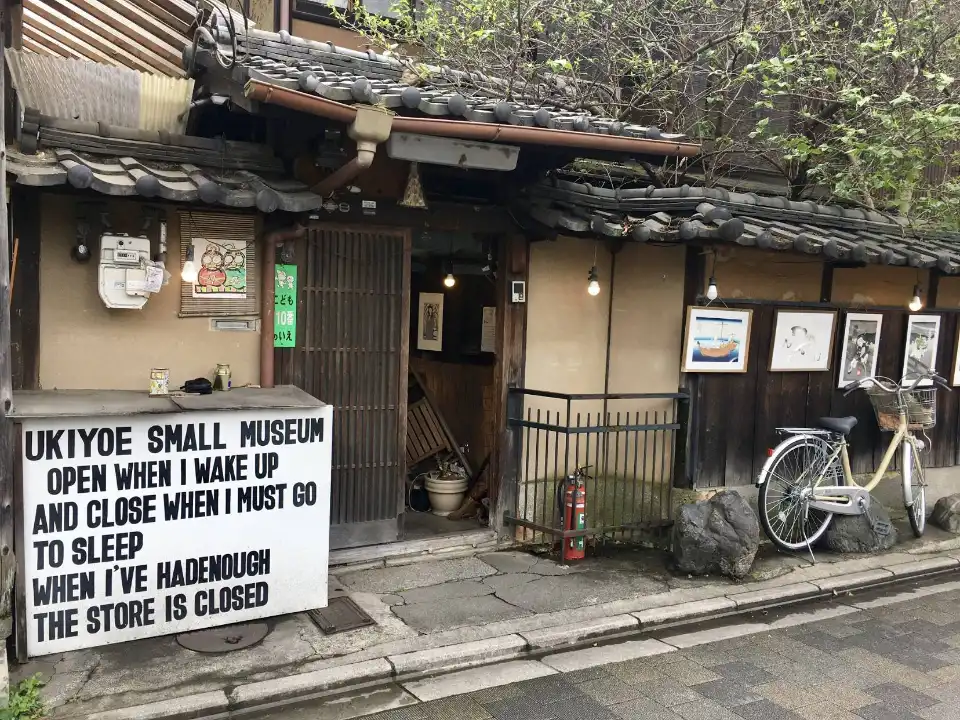
On a quiet side street in Kyoto, Japan, there is a small museum dedicated to traditional Ukiyo-e art, or woodblock prints. This tiny museum is considered the world’s smallest Ukiyo-e museum, it not only attracts tourists because this art is quite interesting, but also because of the unprecedented arbitrary activity of the owner of the spot. His rule was clearly written on the front door: “The museum opens when I wake up and closes when I need to go to sleep. Whenever I feel tired, I always close the door”.
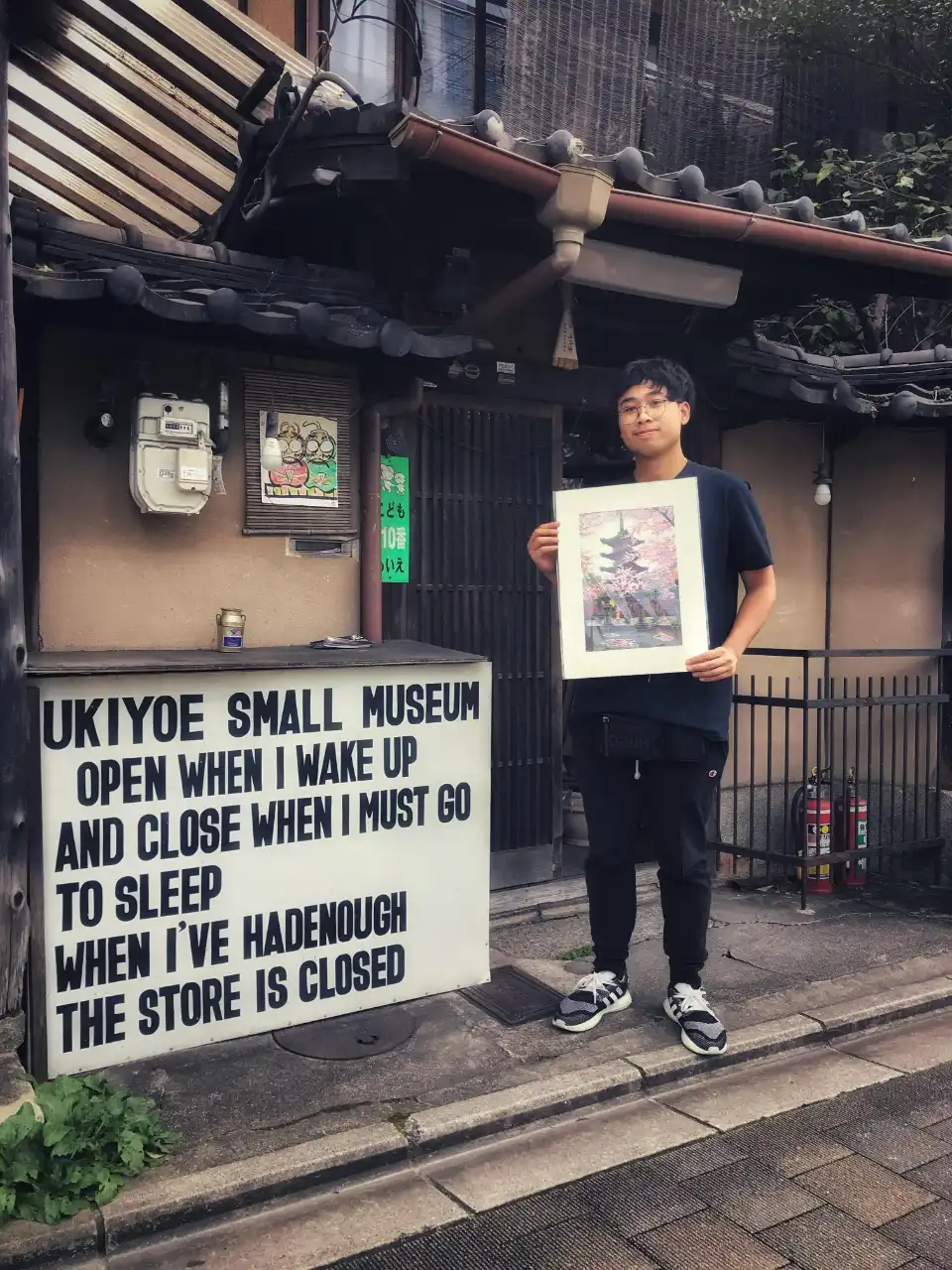
The museum is owned and managed by Mamoru Ichimura. He was one of about 50 artists who created the last woodblock prints – Ukiyo-e in all of Japan. This unique art form first appeared at the end of the 16th century with works showing scenes of daily life.
Ichimura’s impromptu museum became famous after a photo of his opening rules went viral online. Originally these words were written in Japanese, then some people helped him translate them into English and he has since used them for all tourists to understand.
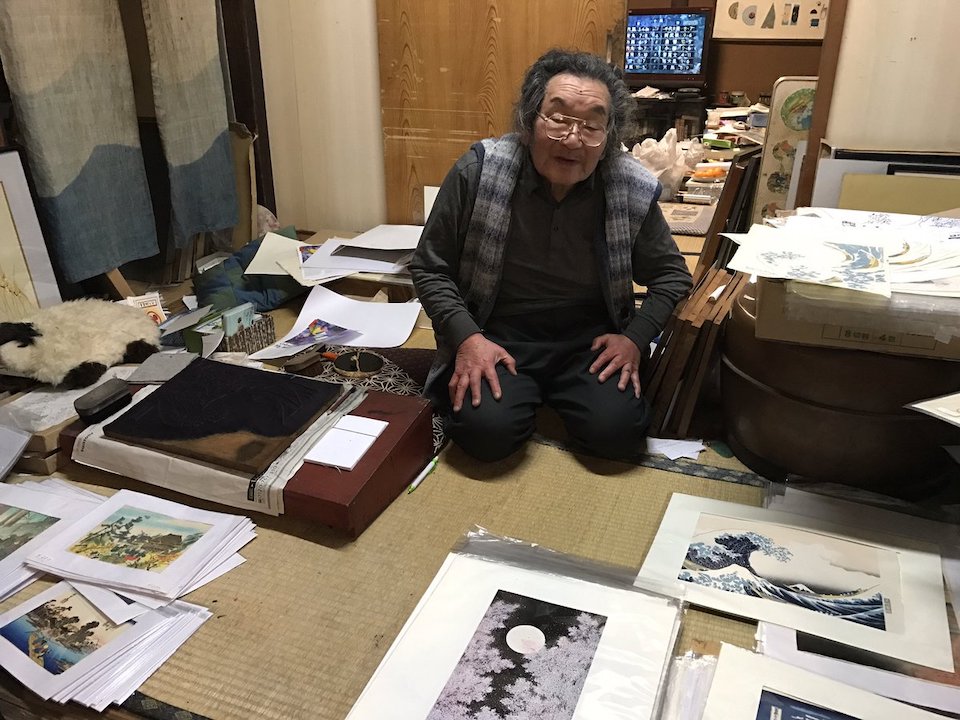
Don’t think that Mr. Ichimura is difficult! Many people who have visited here say that the old man is extremely friendly, approachable and very hospitable. He is willing to spend hours telling the history of Ukiyo-e as well as teaching curious guests the step-by-step process of creating a finished woodblock print.
Find your Zen at Ryōan-ji’s rock garden (#top things to do in kyoto)
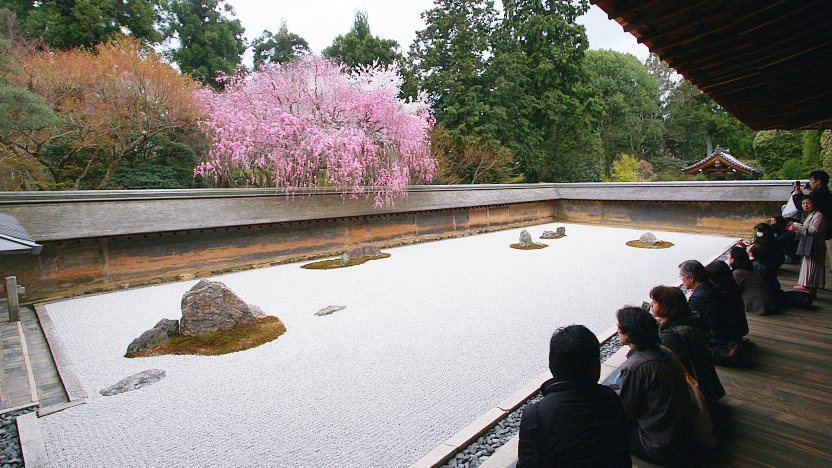
Nestled inside Kyoto’s Ryōan-ji Zen Buddhist temple is a miniature garden of a Japanese rock garden (karesansui). This Zen garden is characterized by large rock formations, surrounded by layers of carefully laid gravel. The karesansui or dry landscaped garden is truly unlike any other you’ve ever seen, with 15 mystical rocks floating on a sea of pure white gravel. The garden is beautiful with its size and simplicity (it is only 25 meters from east to west).
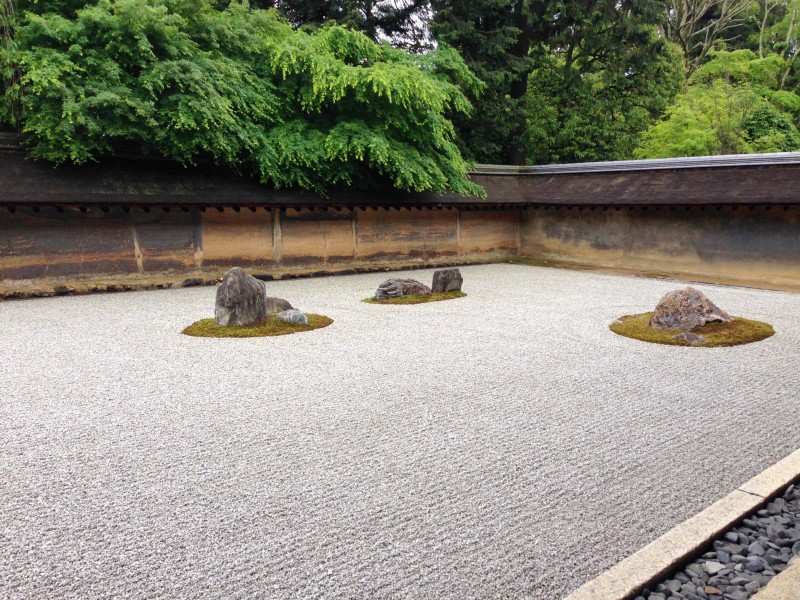
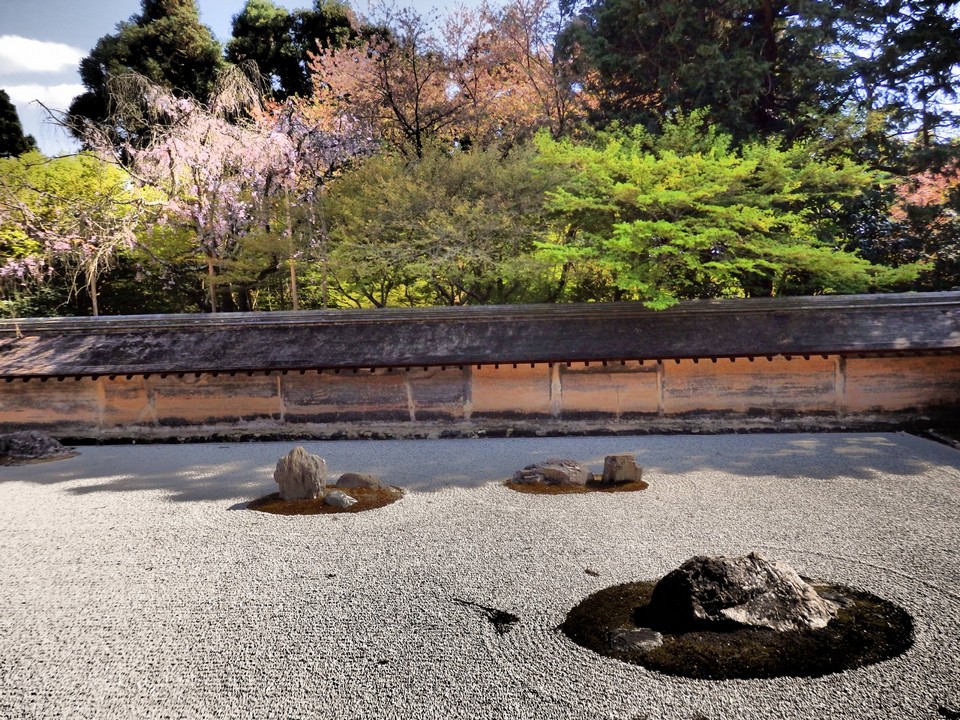
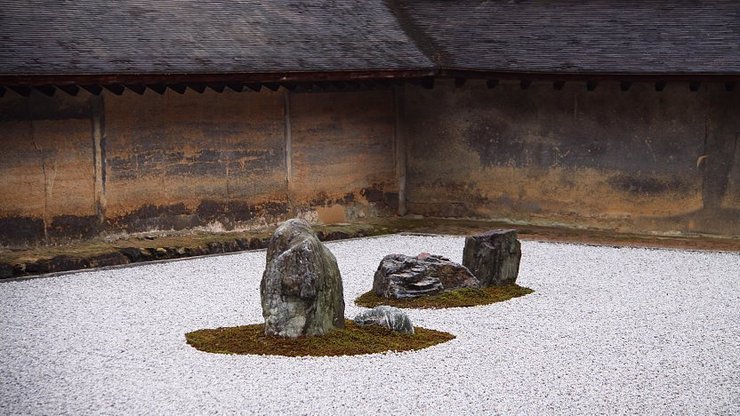
You can enjoy the scenery while sitting in the temple porch, the rocks are placed according to the rules so that they cannot all be viewed at the same time. It is believed that one who can see all from one sitting position will attain enlightenment. Be sure to visit early in the morning or late afternoon to beat the crowds that drop here every day.
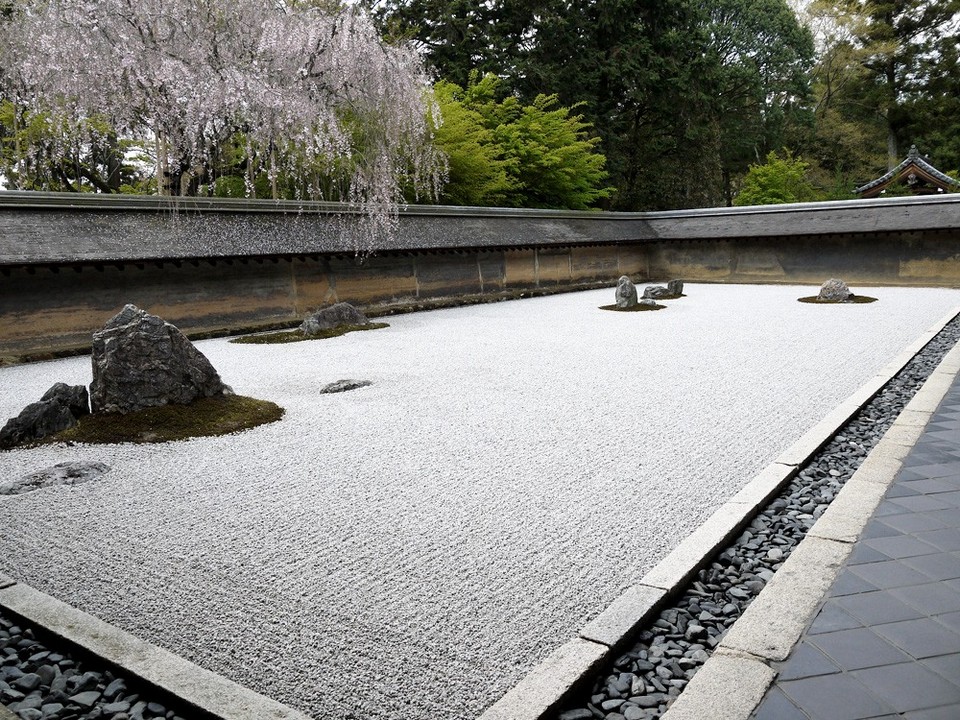
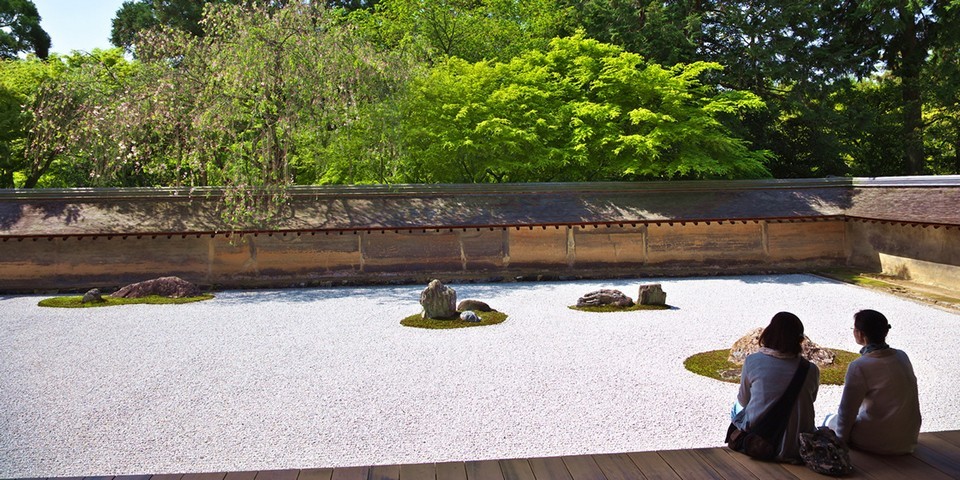
Address: 13 Ryoanji Goryonoshita-cho, Ukyo-ku, Kyoto, Kyoto Prefecture
Hours: 8AM–5PM
Make a wish at Fushimi Inari Taisha Shrine (#unique things to do in kyoto)
Address: 68 Fukakusa Yabunouchicho, Fushimi Ward, Kyoto, 612-0882, Japan
Hours: 24 hours
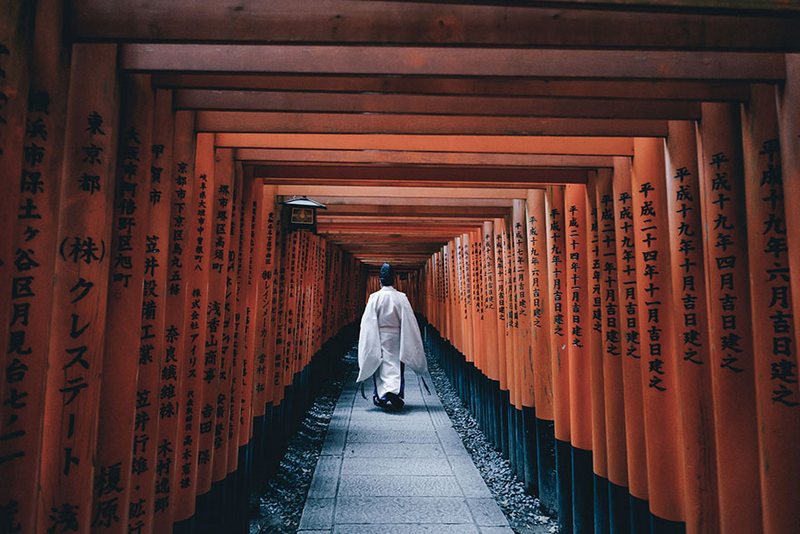
Fushimi Inari Taisha is located in Fukakusa, Fushimi Ward, Kyoto City, Kyoto Prefecture. This is a very famous temple in Kyoto with a long history. The temple is also open at night, allowing visitors to visit at any time of the day. The shrine has thousands of torii gates and fox statues in various locations, a stunning main hall, and many other highlights. Many people visit this temple to pray to the gods for help and to ask for amulets or other good luck charms.
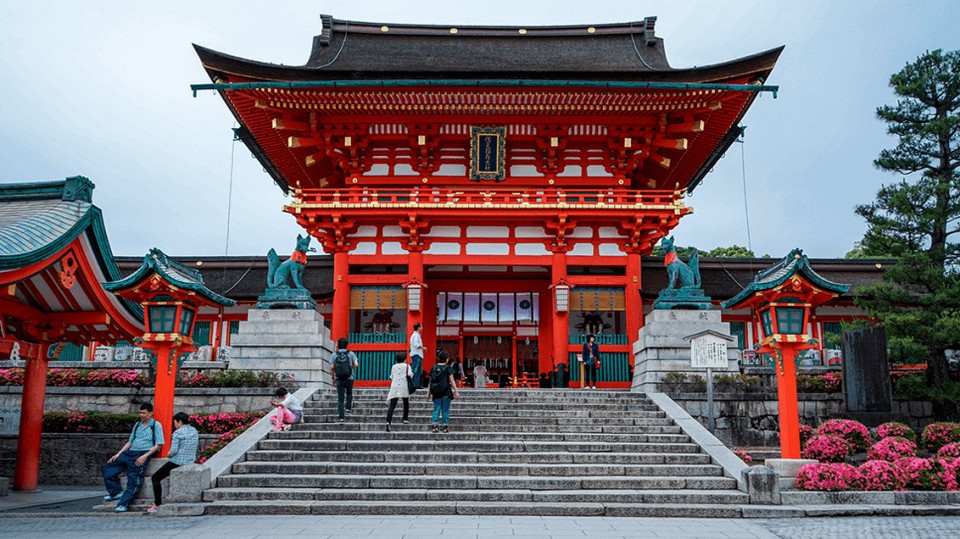
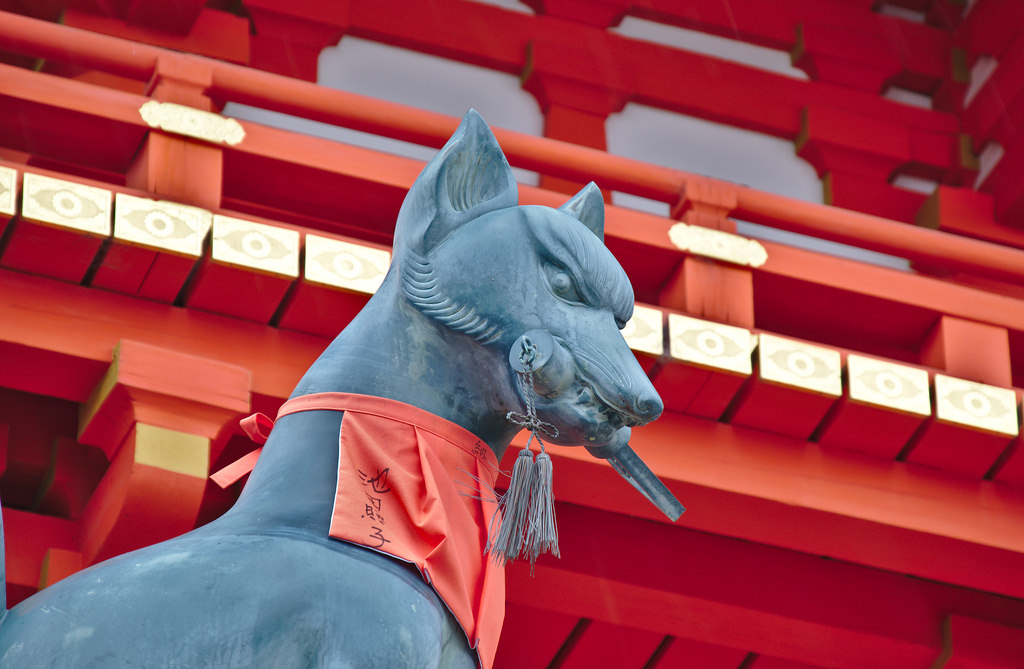
Although the history of the temple dates back to 711, it was not until the Edo period (17th and 18th centuries) that the temple really became an important site. During this time, Japan was a fairly peaceful country with a prosperous economy and people began to expand the concept of “good harvest” to include “prosperous business”. As a result, shrines to the god Inari (the god of rice) attract many Japanese business owners and traders to pray for smooth running of business.
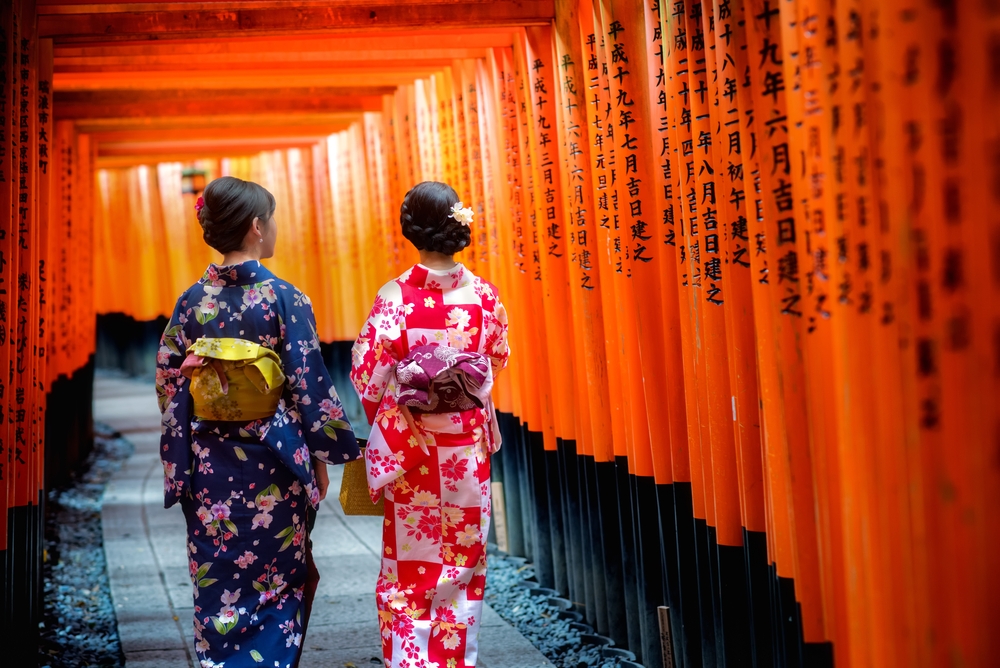

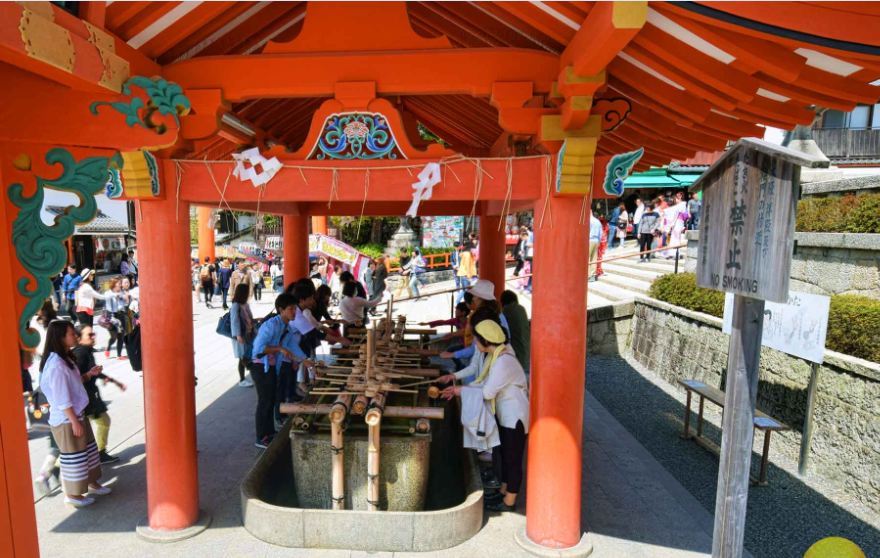
Along one side of the shrine, you’ll easily see windows where monks and shrine maidens (Miko) distribute amulets to grant good luck for everything from disease prevention to career advancement. Seeing the children running to the front of the temple, holding the string to ring the bell loudly and bowing their heads in prayer, is truly a special scene. Another symbol of the temple is innumerable fox statues (Inari Okami). Foxes are considered messengers of the god Inari and the statues often hold a key in their mouths. This is considered the key to open the rice warehouse or the jewel symbolizing the spirit of the gods.
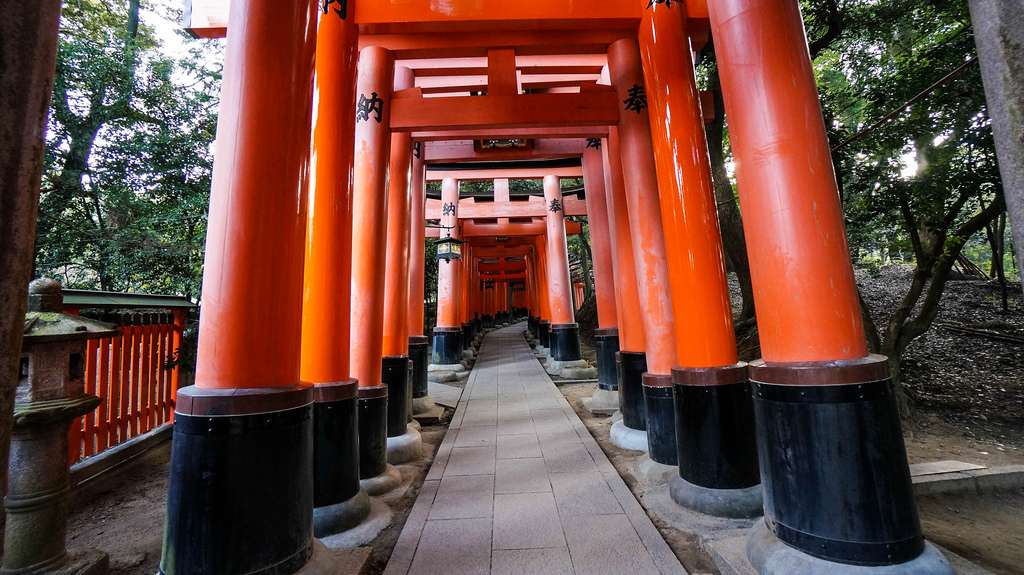
Explore Yokai Monster Street (#what to do in kyoto)
Address: Kyoto-shi, Kamig Yo-ku, Dashogun Shotengai
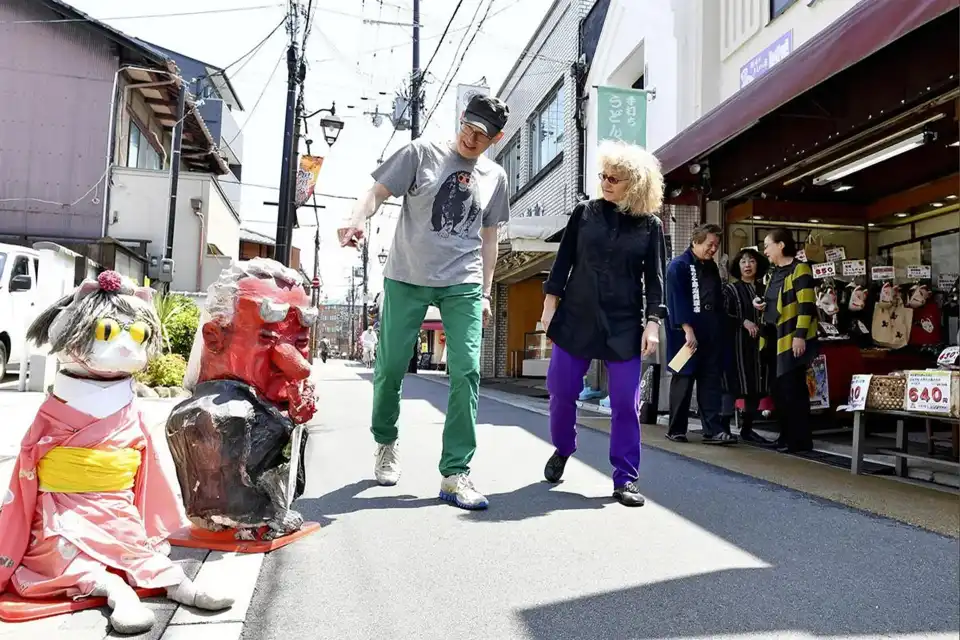
Since ancient times, Kyoto is known as the city of ghosts, especially on Ichijo road in Jokyo district, people often see ghosts wandering around. Today, although the old legend is gone, the Japanese still want to retain a unique feature for this neighborhood by selling, organizing events related to ghosts and renaming the road to Yokai (Monster) street.
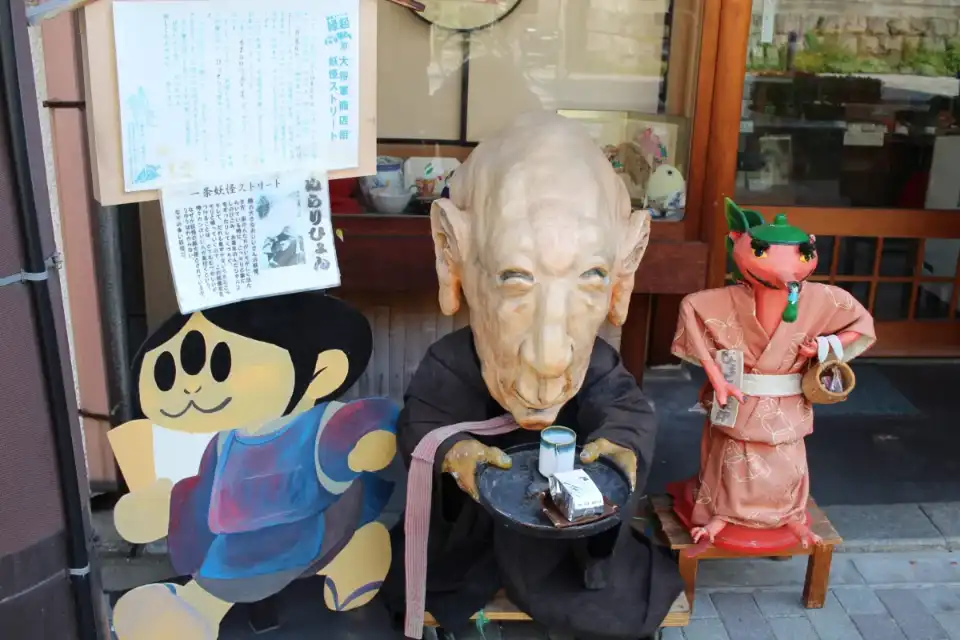
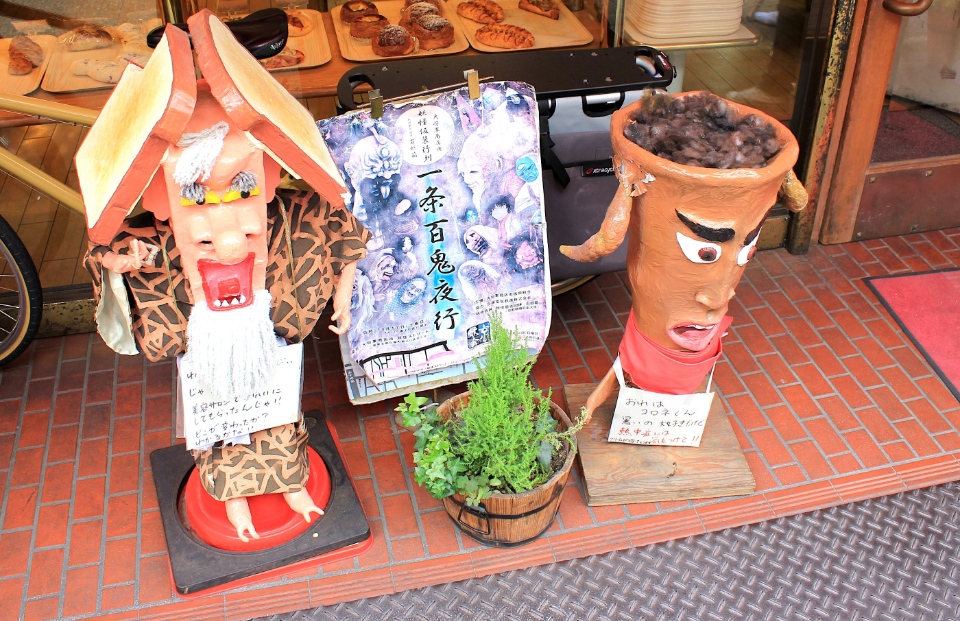
Coming here, visitors will not be surprised because everywhere they go, they will see goblins and demons, even on trains, restaurants and even the walls around the street are painted in the style of “underworld”. By the way, if you go to Taishogun shopping street, you will find unique souvenirs, goblin-shaped candies that every time you see them, you will confirm that “this is the Omiyage (souvenir) in the Yokai street.
Try Japan’s most famous omelette rice Omurice
If you are a fan of manga/anime, you will be no stranger to the legendary dish on the dining table of families in the land of the rising sun, Omurice – a popular but equally unique dish.
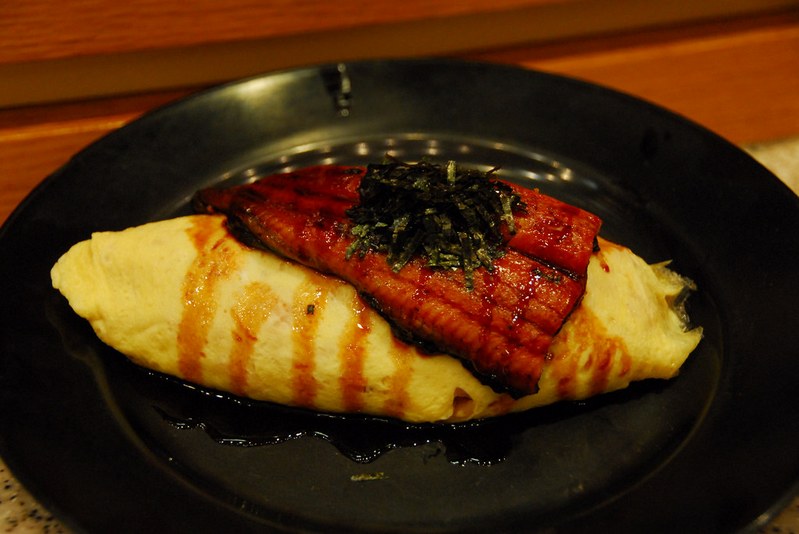
Omurice combines two words Omu (short for omelette) and rice – as you can see, Omurice is a dish deeply influenced by the West. This dish consists of a portion of fried rice placed underneath, with a layer of hot, fragrant omelette topped with, often served with tomato sauce to enhance the flavor. Omurice is not only famous in Japan, it is also popular in Korea and Taiwan.
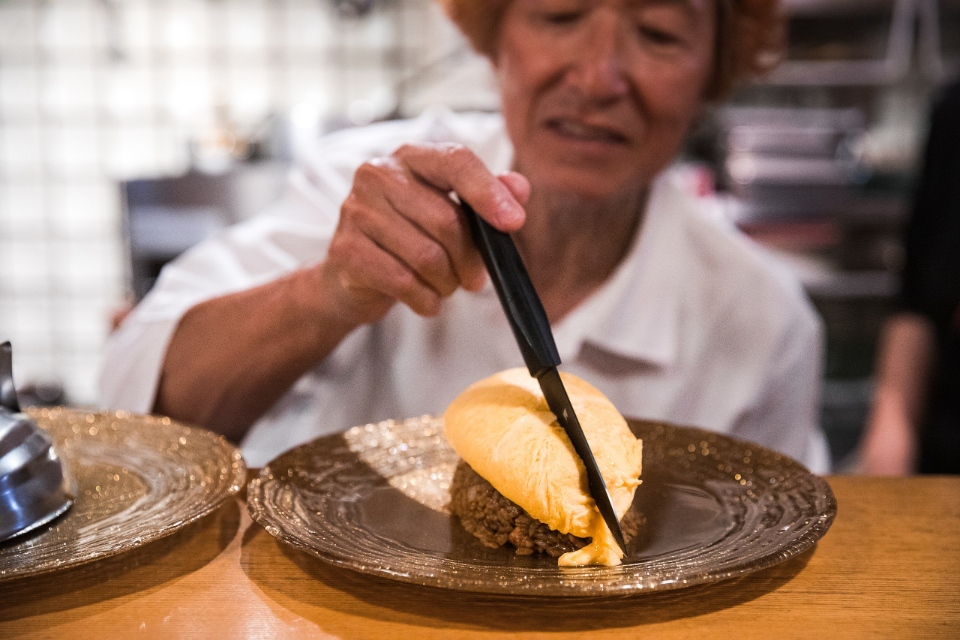
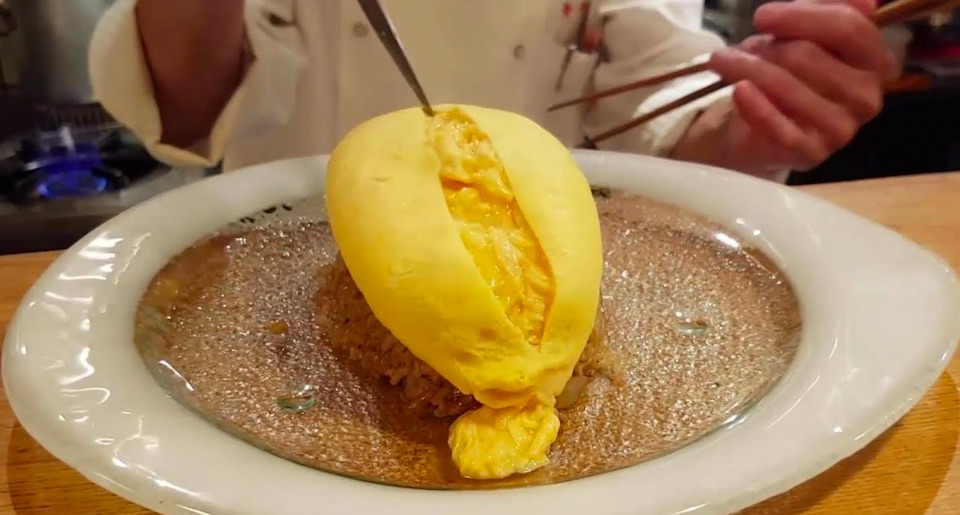
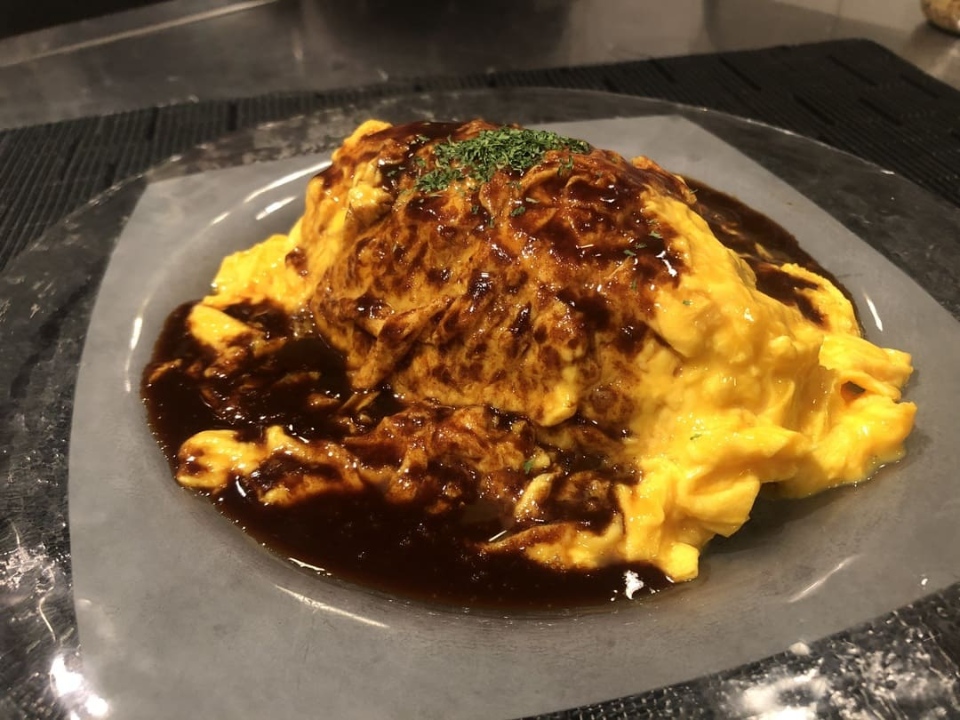
If you have the opportunity to visit Kyoto, visit a restaurant that is extremely famous for Omurice, which is Kichi Kichi restaurant. The best thing about Omurice by chef Motokichi Yukimura at Kichi Kichi is the fragrant egg on top. The outside of the omelette is an incredibly smooth, beautiful layer, and when the chef gently cuts a line across it, the delicious, iridescent egg inside flows out, covering the entire rice. Not only is it pleasing to the eye, but it’s also incredibly delicious. Legend has it that this is the best Omurice in the world.
Kichi Kichi Omurice
Address: 185-4 Zaimokucho, Nakagyo Ward, Kyoto, 604-8017, Japan
Hours: 5–9PM/ Saturday, Sunday: 12–2PM, 5–9PM
Enjoy some of the best vegan and vegetarian Japanese food in Kyoto (#cool things to do in kyoto)
Vegetarians will surely be delighted to read this far, but don’t worry, if you’re not vegetarian you can try some of the delicious vegan dishes in Kyoto. Kyoto is not only a city with one of the most Michelin-starred restaurants in the world, it’s also known for its vegetarian and vegan-friendly locations.
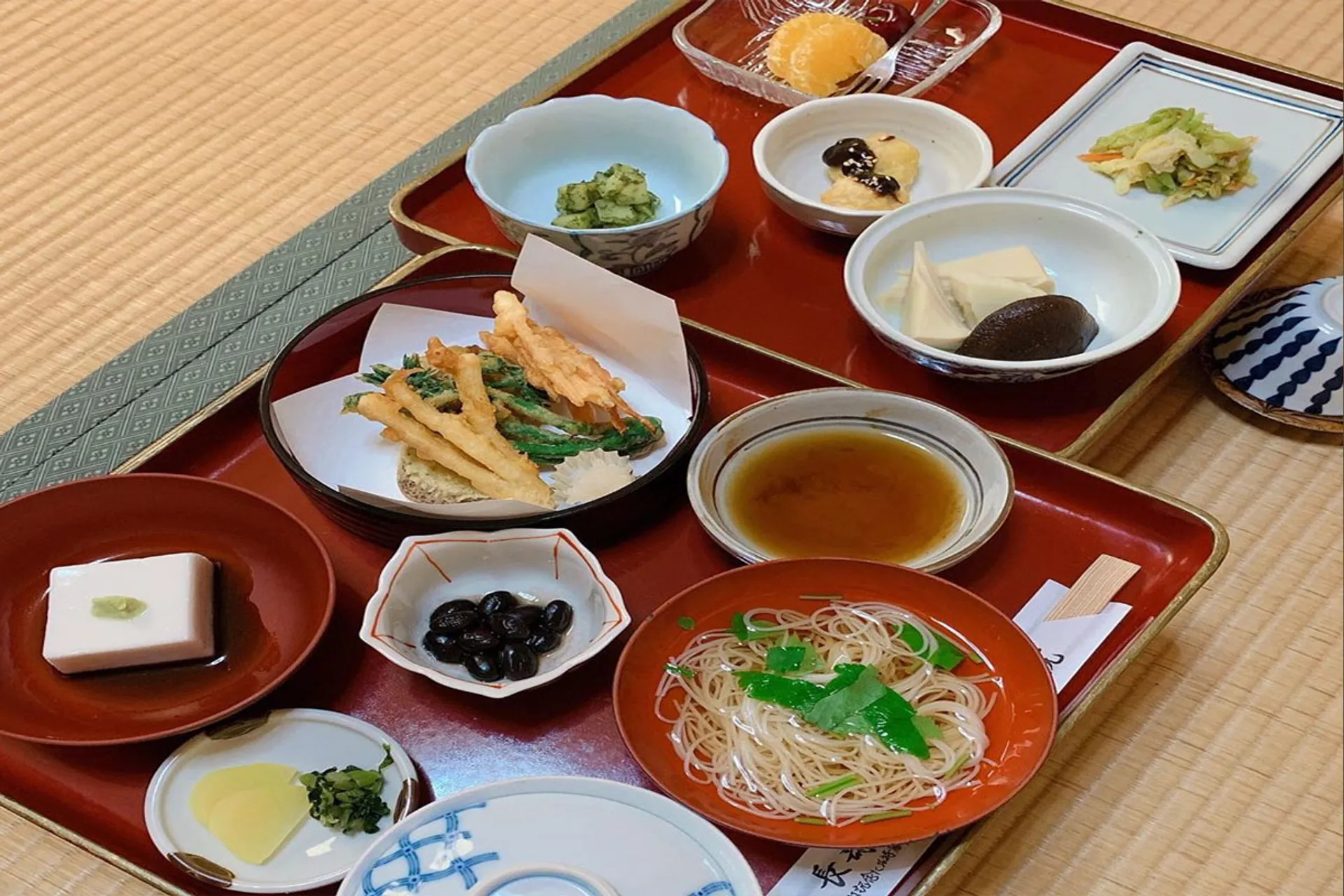
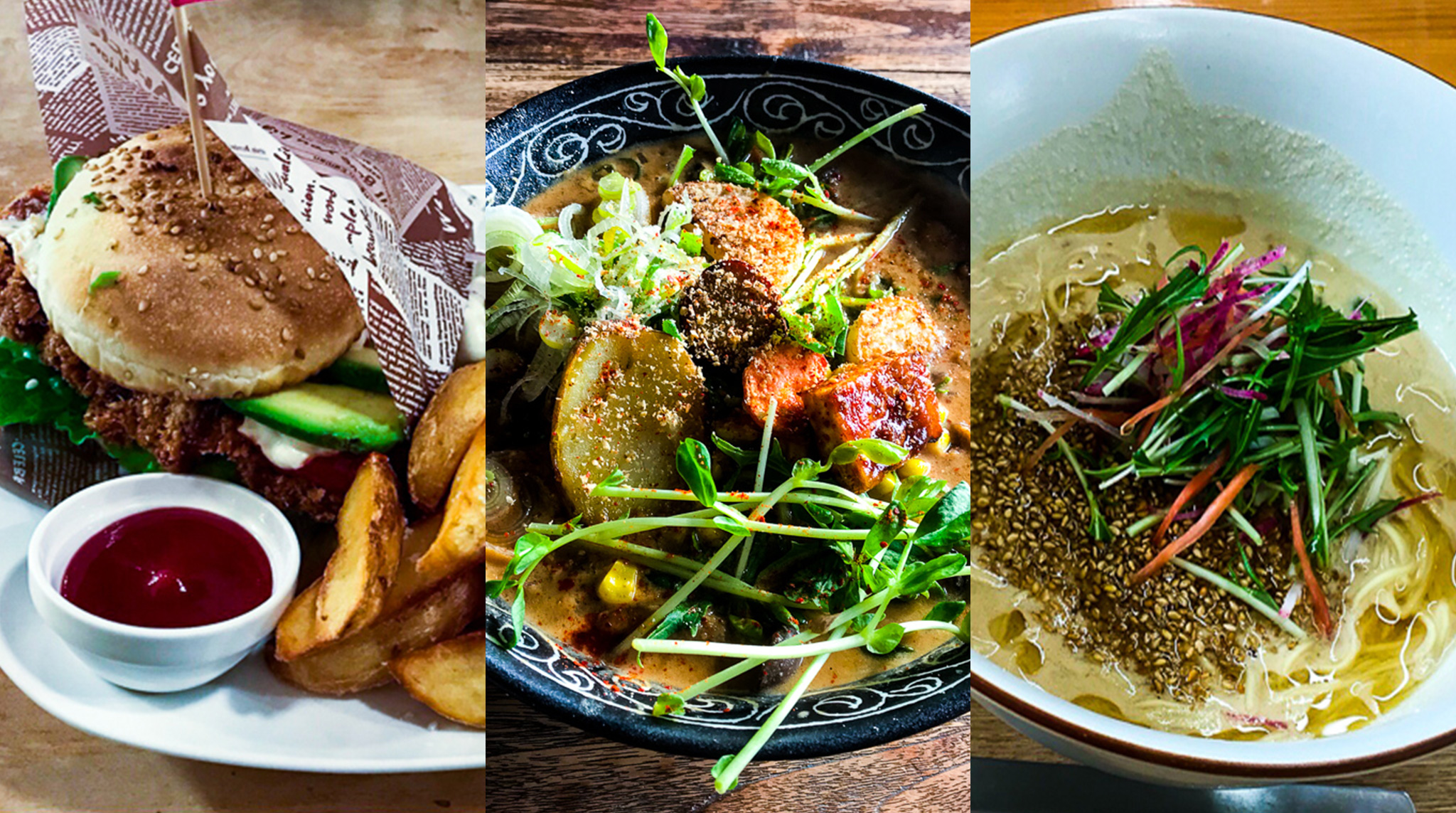
Japan’s ancient capital is home to a long tradition of “shojin ryori” or Buddhist cuisine, and is completely vegan. You’ll have some incredible meals in Kyoto – favorites are at Shigetsu and Shuji in particular. You will also learn a lot about Japanese cuisine and eat a great meal by taking a vegetarian cooking class.
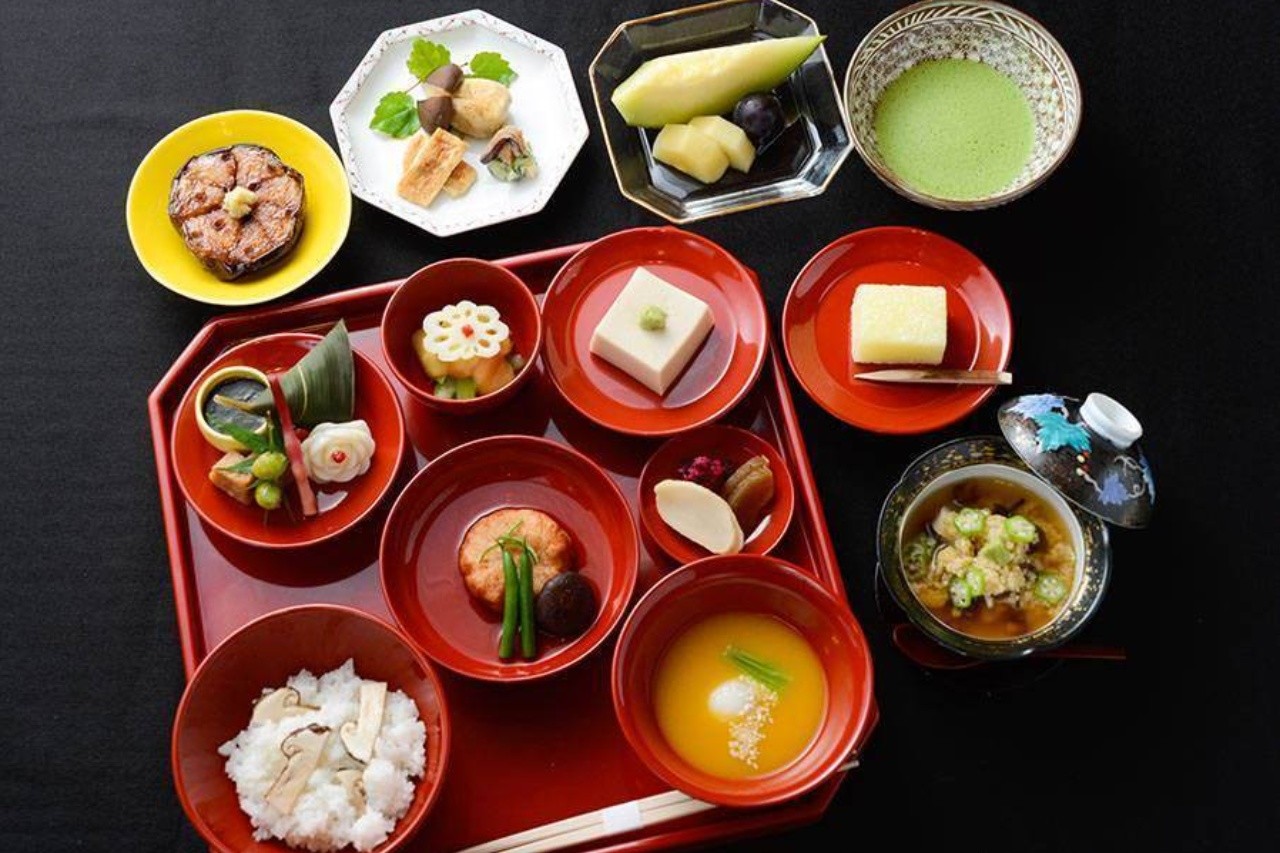
From the traditional Buddhist vegan cuisine of shojin ryori to the delicate yuba, made with soy scum when it’s heated, and yudofu (tofu hot pot), there’s a never-ending list of vegan dishes for you to choose. There are several dishes made with specialty Kyoto vegetables such as shogoin radish and eggplant kamo nasu, all fresh and locally grown. Try to enjoy a vegan meal in Kyoto to see what’s amazing.
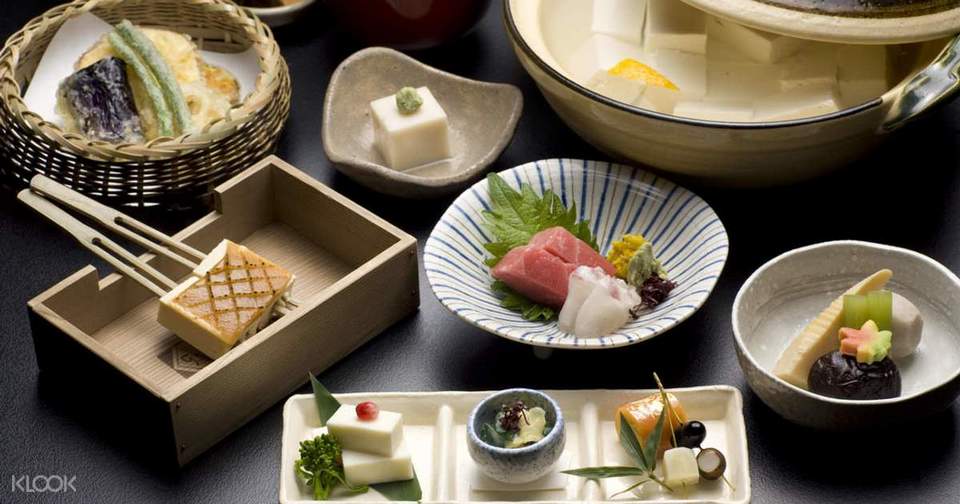
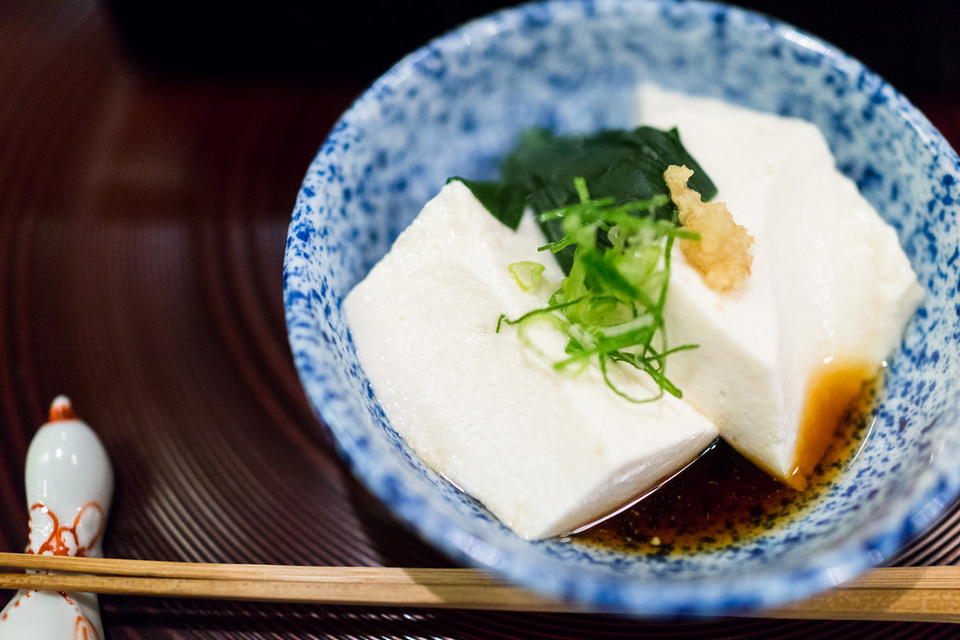
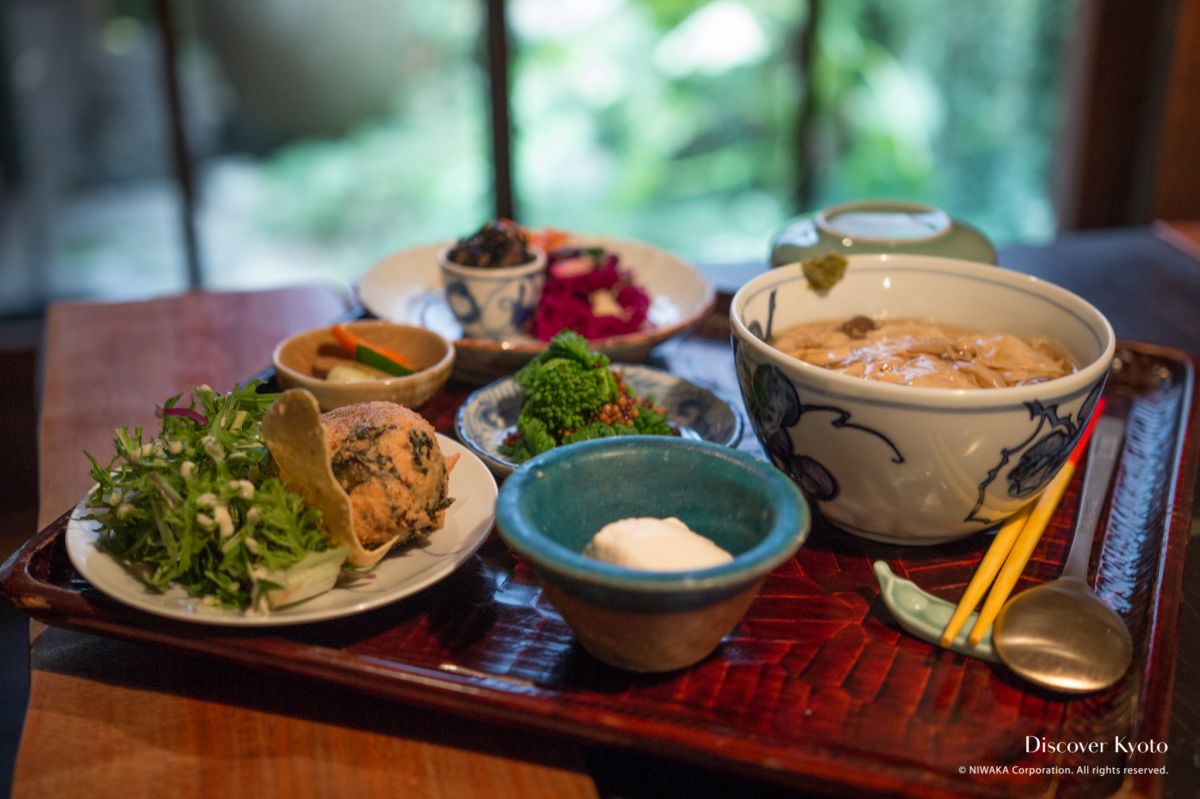
Harvest your own green tea and then enjoy a freshly brewed cup
If kimono is the representative costume of Japan, matcha is the symbol of the country’s drink. This is a traditional green tea powder, selected, cared for and harvested with the most stringent requirements. From this quintessential ingredient, the Japanese process into many delicious drinks and foods such as matcha latte, ice cream, matcha cake… Matcha can be enjoyed anywhere in Japan but the best is still in the ancient capital of Kyoto.
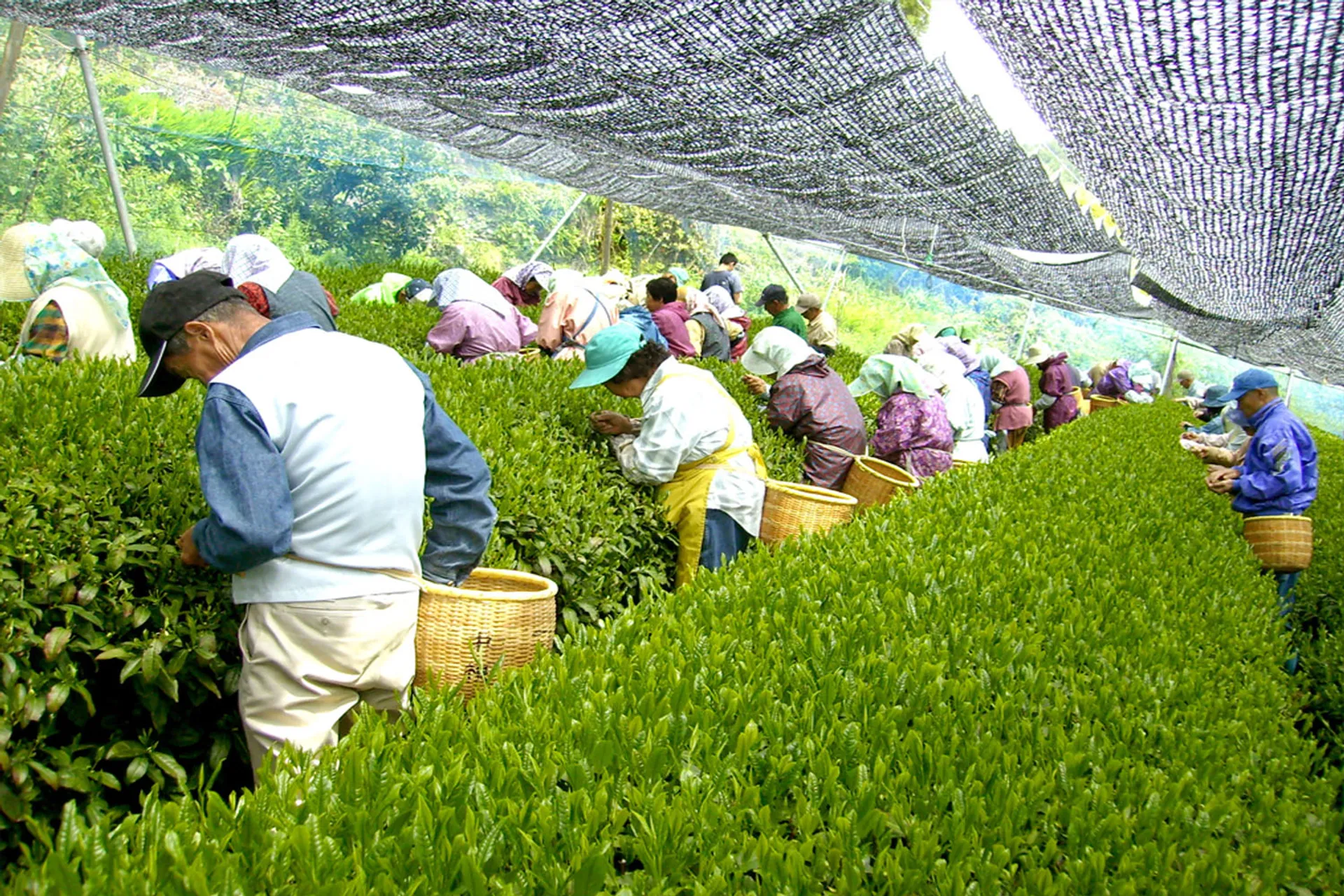
Green tea here is famous for its purity, rich aroma, formerly used to promote the king and used in the court. You can experience tea picking in Uji, Japan’s most famous tea region. The famous tea-growing land Uji every year from May begins to open to visitors to see the lush green tea garden and holds a tea-picking trial event to let visitors know more about tea trees, tea picking and how to process Japanese tea.
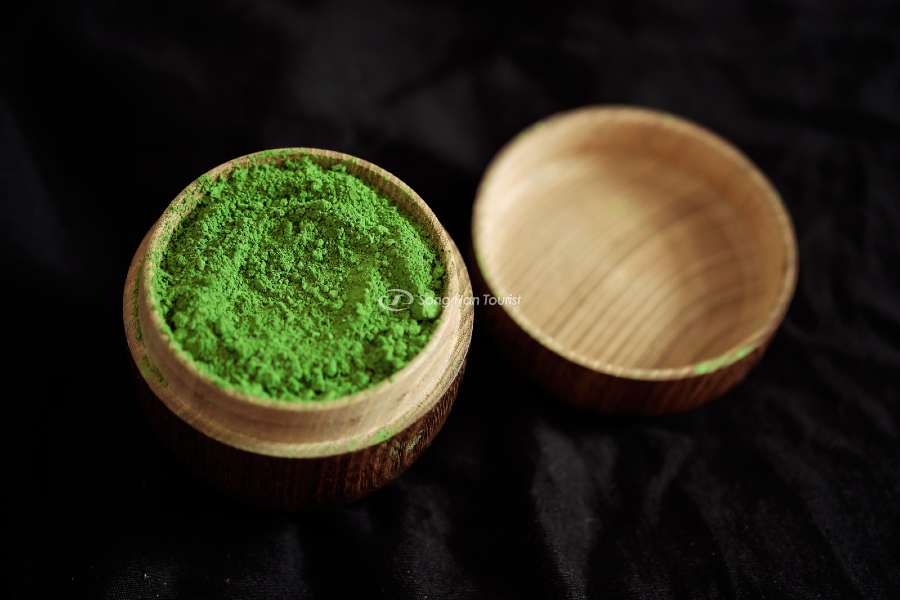
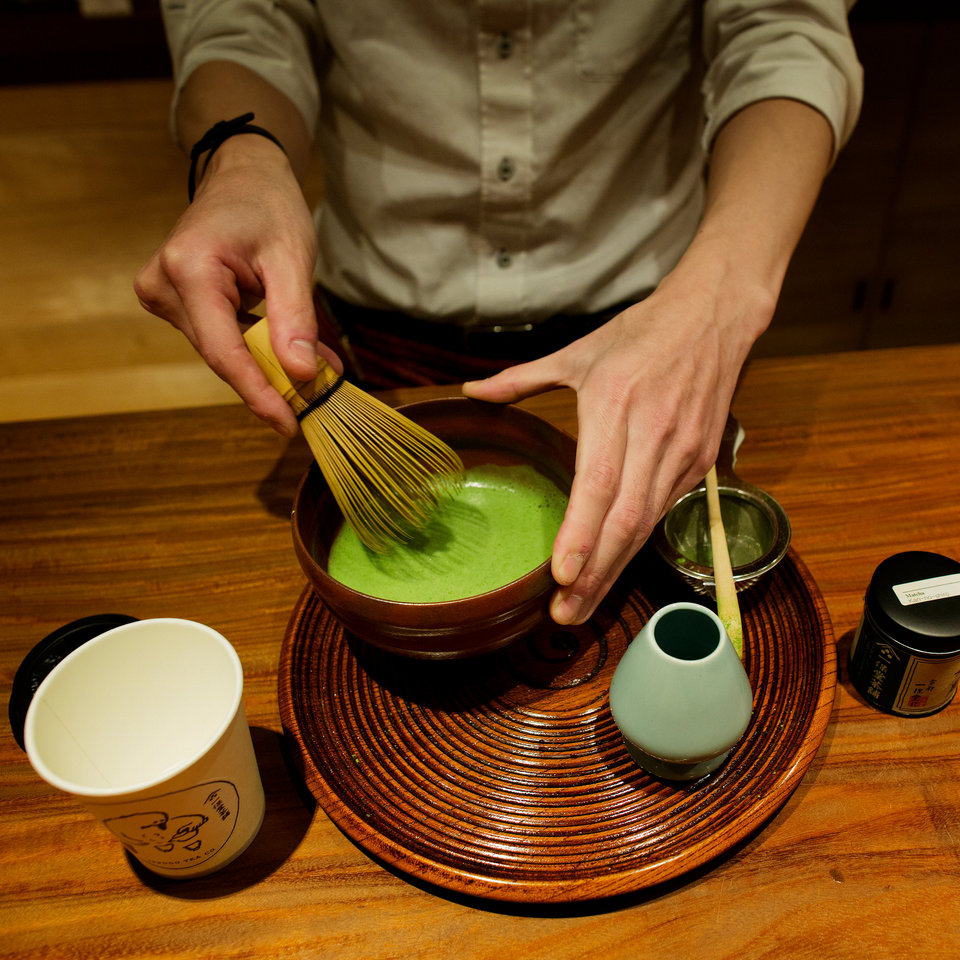
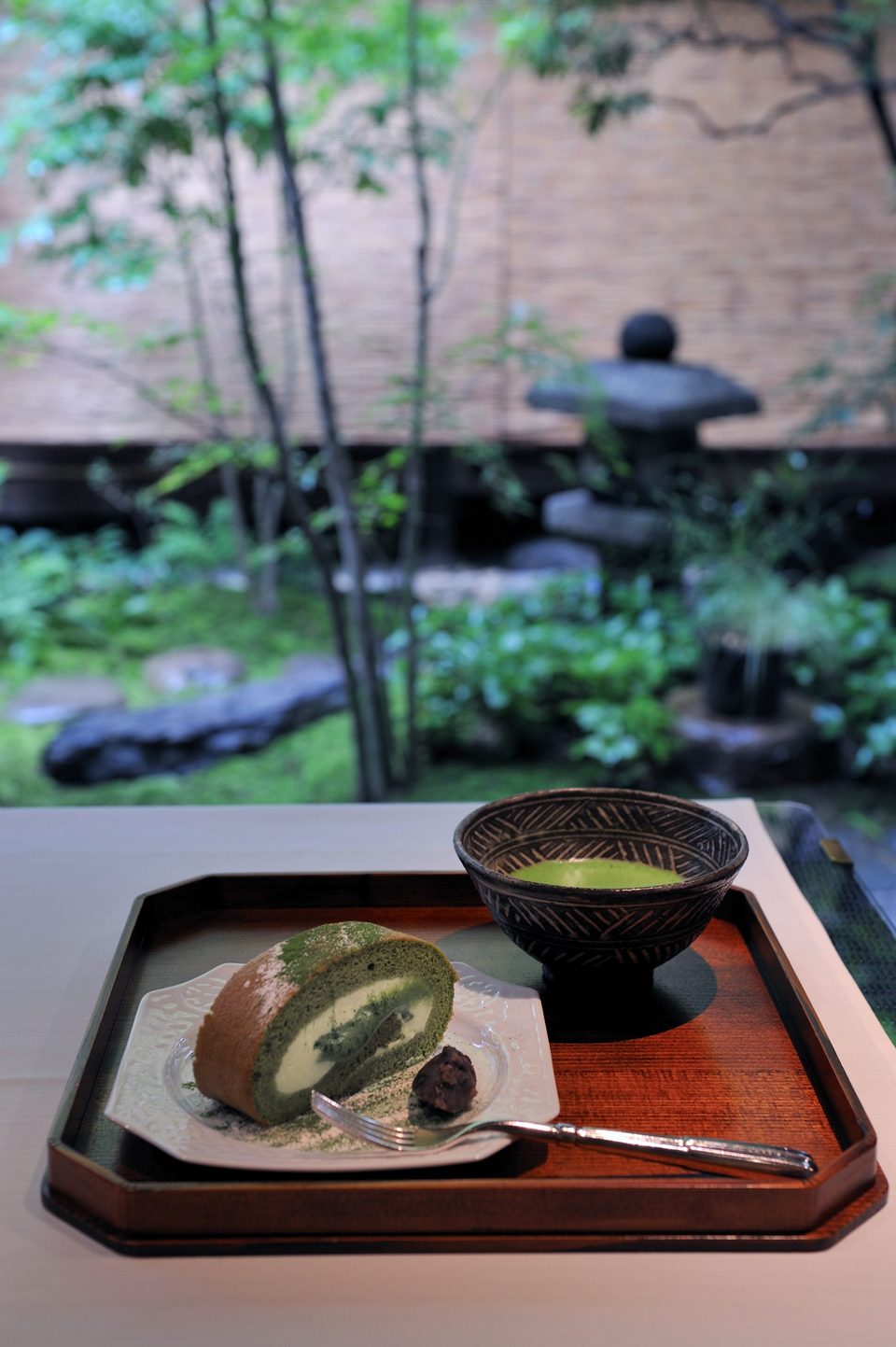
In addition, several plantations in the area also offer tea picking tours for visitors. Enjoy the beautiful views of the lush tea fields, learn how to delicately pick tea leaves from an expert and then brew fresh tea with the tea leaves you just harvested using a special hand-rolling technique called temomi . Don’t forget this wonderful experience in Kyoto.
Satisfy cravings with matcha parfait Uji
Parfait is one of the best-selling desserts on the list of foods made from matcha (the famous green tea powder in Japan). You can enjoy this dessert at Ito Kyuemon, a long-standing tea maker in Uji City that has been in business since the Edo period.
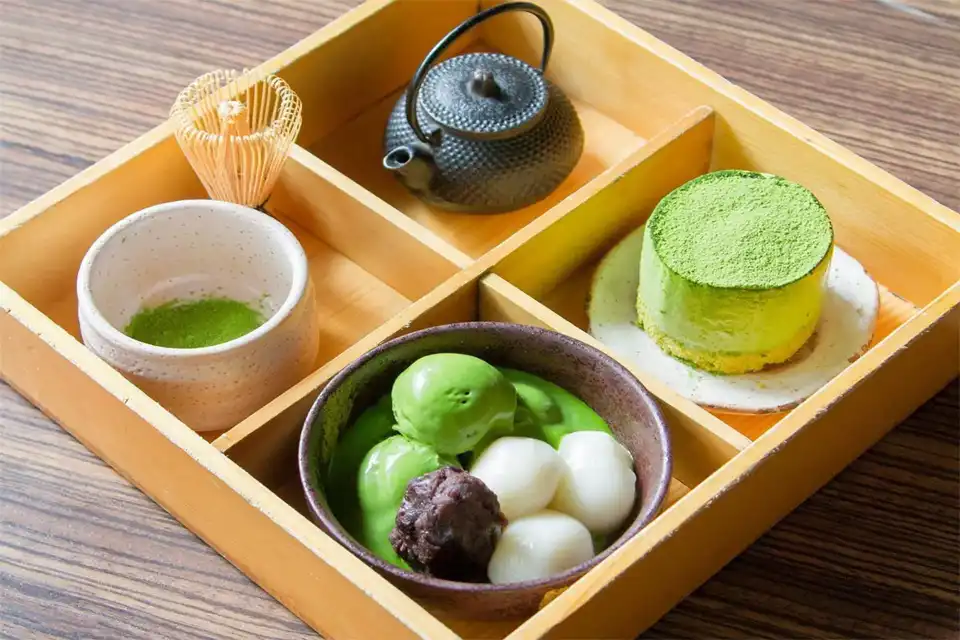
You can buy a green tea parfait at their tea room, which is about a five-minute walk from Uji station. At ¥680, a pretty reasonable price for a parfait from a traditional Kyoto tea machine. Green tea jelly at Ito Kyuemon, has a bit of bitterness characteristic of green tea, very suitable for those who do not like too much sweetness. We recommend serving with ice cream, as you’ll find a large chunk of green tea jelly between rich green tea ice cream and vanilla ice cream in the parfait.
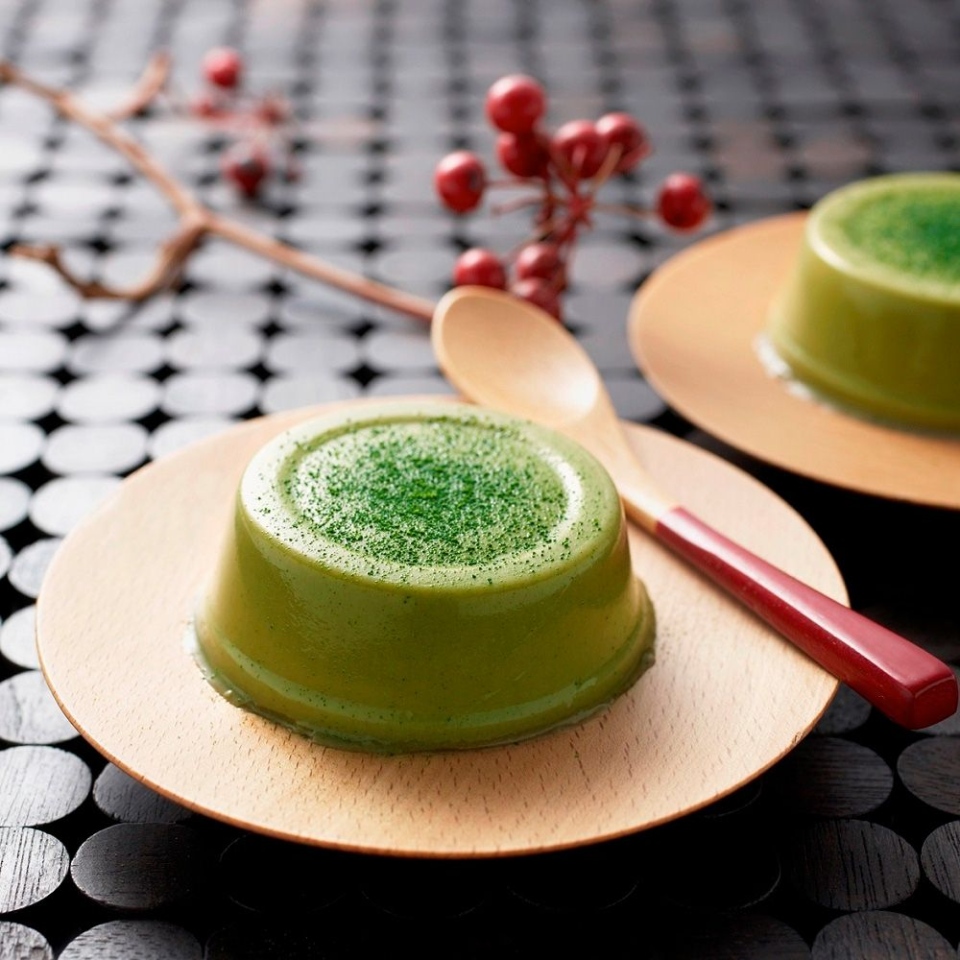
If you want a stronger green tea flavor, try it with a generous serving of green tea powder that comes with the parfait. You’ll smell the scent of green tea wafting through the air as the flavor is intense. This cafe is so popular that there is a queue right from opening hours, so we recommends going there in the morning or evening.
Ito Kyuemon
Address: Aramaki-19-3 Todo, Uji, Kyoto 611-0013, Japan
Hours: 10AM–6PM
Drink at the best bar in Kyoto
Although not a traditional Japanese bar, the L’Escamoteur (L’EscaMoteur Bar) is still an experience not to be missed. The owner is a super cool guy from Paris, the vibe is amazing and the cocktails are really made with a touch of magic. Extremely warm, bubbly and friendly staff.
The interior is designed with a cozy atmosphere typical of France, decorated with bottles of wine from the early 20th century, the comfortable atmosphere creates a cozy feeling. The bartenders are very friendly and will make drinks based on your taste. Try coming here to sip a glass of wine and relax with lively music, surely you will not be disappointed.
Address: 138-9 Saitocho, Shimogyo Ward, Kyoto, 600-8012, Japan
Hours: 8PM–2AM/Monday, Tuesday: Closed
We wishes you will have interesting and memorable experiences in Kyoto, the ancient capital of beautiful Japan!
Some best day tours, trips, activities and transfer services, tickets in, to and from Kyoto you can refer to
- Private Kansai International Airport Transfers (KIX) for Kyoto
- Limousine Bus Transfers between Kansai International Airport (KIX) and Osaka or Kyoto
- Shared Night Bus Transfers from Kyoto to Tokyo
- Private Kansai Airport (KIX) Transfers to Osaka, Kyoto, Nara, Uji, Kobe, or Arima
- Kyoto-Osaka Sightseeing Pass (1 Day/2 Days, Kyoto Pick Up)
- Kyoto-Osaka Sightseeing Pass 1 Day/2 Days (Pick up at Osaka)
- Randen + Subway 1 Day Pass
- Kyoto Temples & Shrines Day Tour from Osaka: Fushimi Inari-taisha, Arashiyama, Kiyomizu-dera & More
- Kyoto Perfect Day Tour from Osaka or Kyoto: Kiyomizu-dera, Fushimi Inari-taisha, Arashiyama & More
- Kyoto and Nara Day Tour from Osaka/Kyoto
- Kyoto Afternoon Tour from Osaka
- Hankyu Tourist Pass
- Kyoto and Nara Day Tour from Osaka/Kyoto
- Sagano Romantic Train One-Way Ticket (Saga or Kameoka Departure)
- Kimono Rental and Photoshoot in Kyoto by Ouka Kimono
- Kyoto Sagano Romantic Train Day Tour
- Kyoto Temples & Shrines Day Tour from Kyoto: Fushimi Inari-taisha, Arashiyama, Kiyomizu-dera & More
- Amanohashidate & Miyama One Day Tour from Osaka/Kyoto
- JR Kansai-Hiroshima Area Pass
- Kimono Rental in Kyoto Kiyomizu Temple
- One Day Kimono Rental
- Kyoto Temples & Shrines Day Tour from Osaka
- Kimono and Yukata Rental at Kimono Miyabi Kyoto
- 4G Prepaid Sim Card (JP Airports Pick Up) for Japan
- 4G WiFi (Japan Pick Up) for Japan
- JR Pass for Whole Japan (7, 14, or 21 Days)
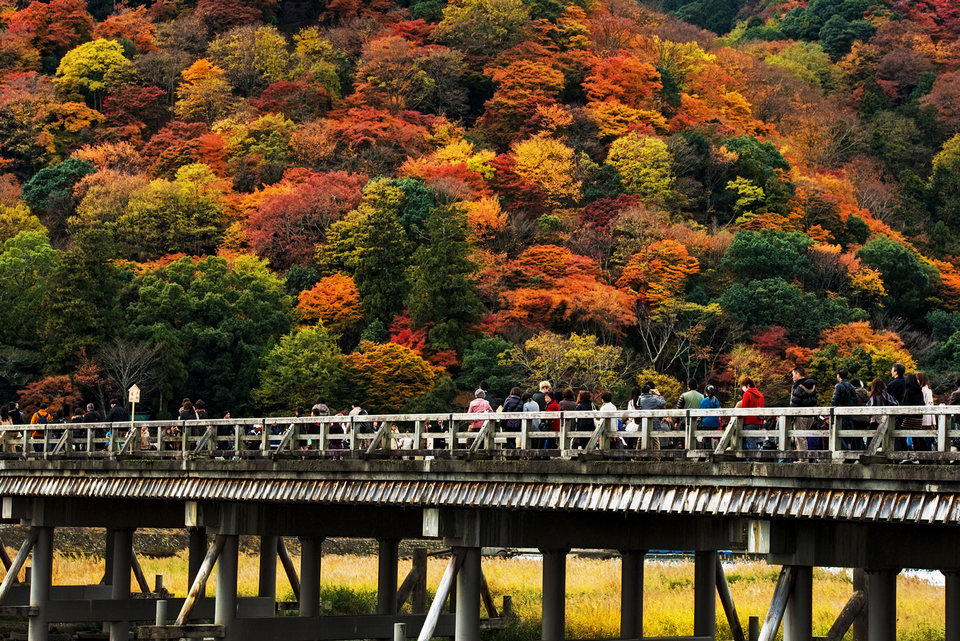
Are you finding more top things to do in Kyoto: Tours, activities, attractions and other things? Let’s check it out at here. And read more: Kyoto blog (Kyoto travel blog) — The fullest Kyoto travel guide blog for a budget trip to Kyoto, Japan for the first-timers. And Kyoto 3 day itinerary — How to visit Kyoto in 3 days & what to do in Kyoto in 3 days perfectly?

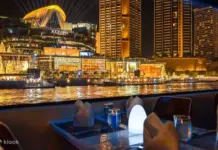
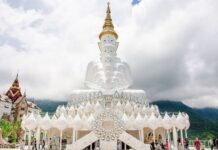
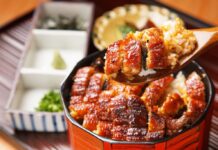

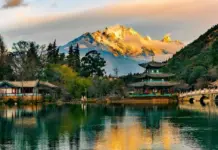
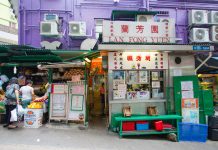
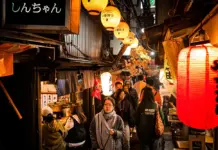
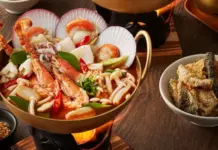


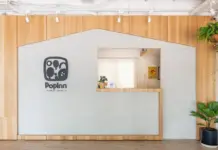
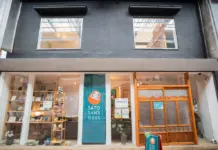






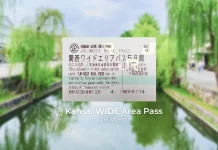



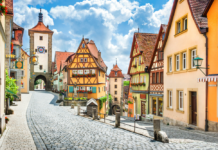



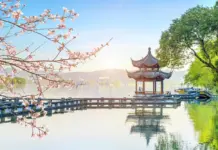


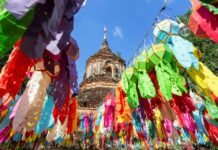

![10 best airports in Asia in 2016 [RANKED] kuala-lumpur-international-airport-best airports in asia in 2016 by skytrax ratings](https://livingnomads.com/wp-content/uploads/2016/08/29/kuala-lumpur-international-airport-best-airports-in-asia-in-2016-by-skytrax-ratings-218x150.jpg)

